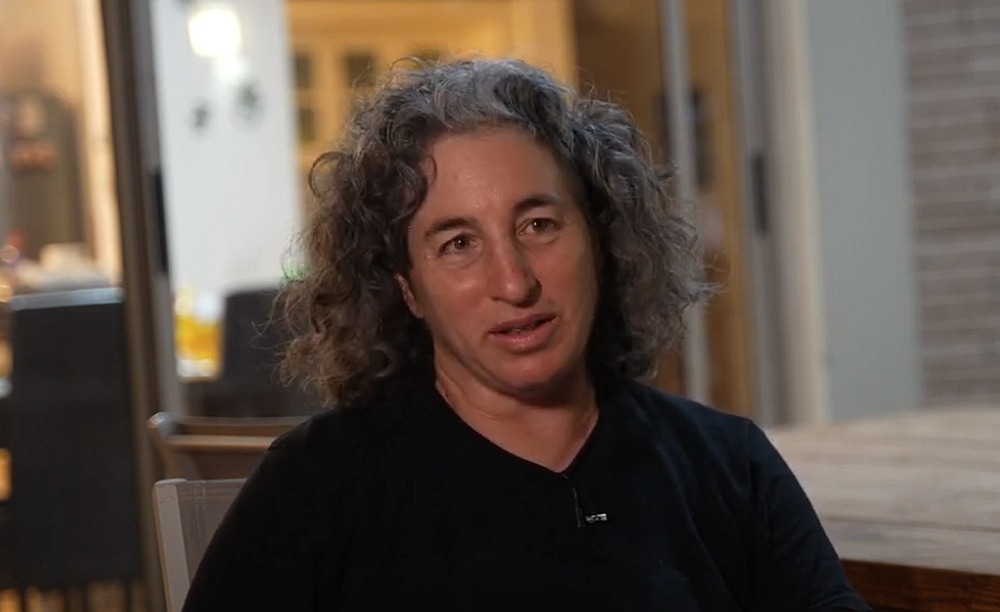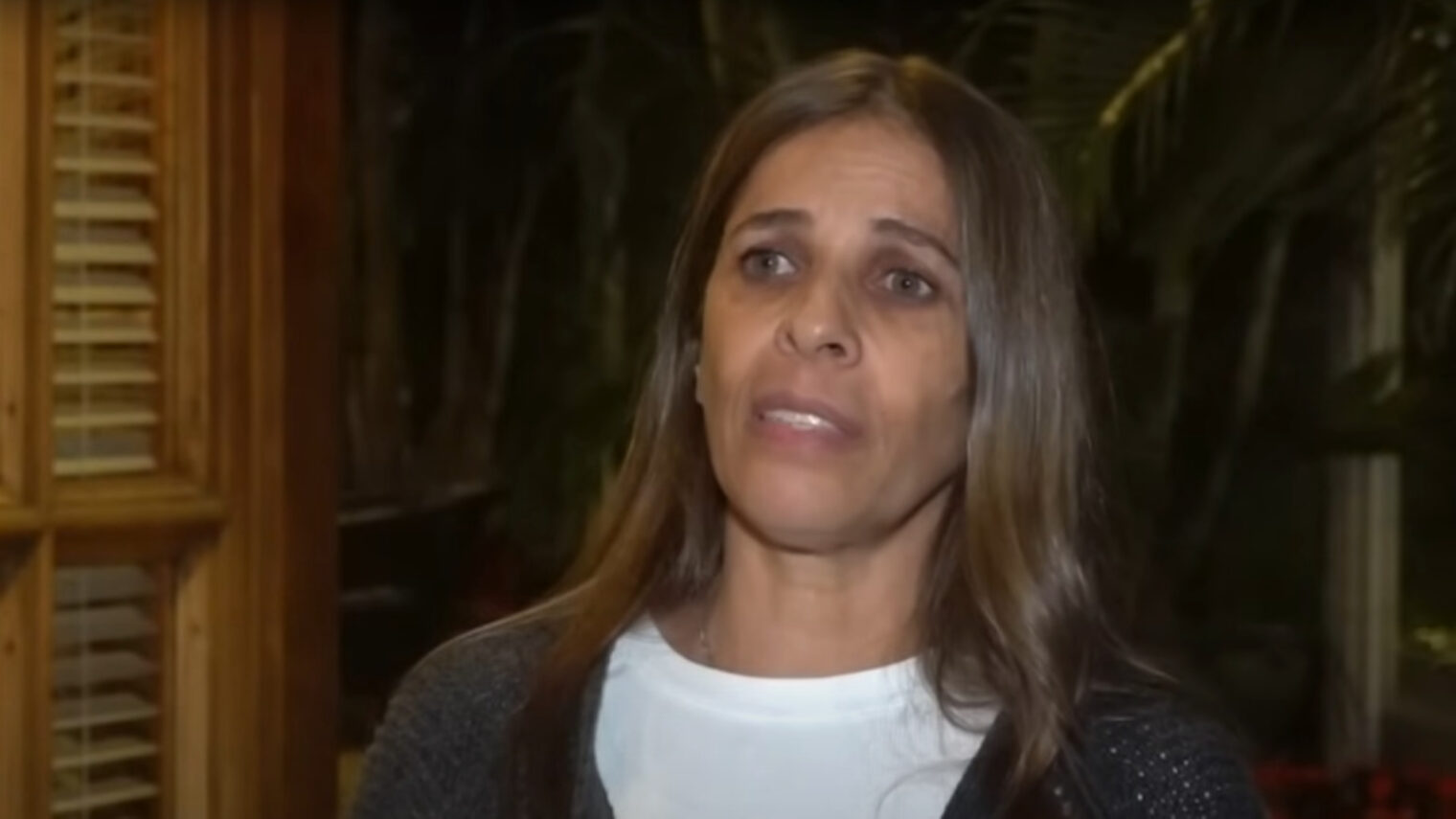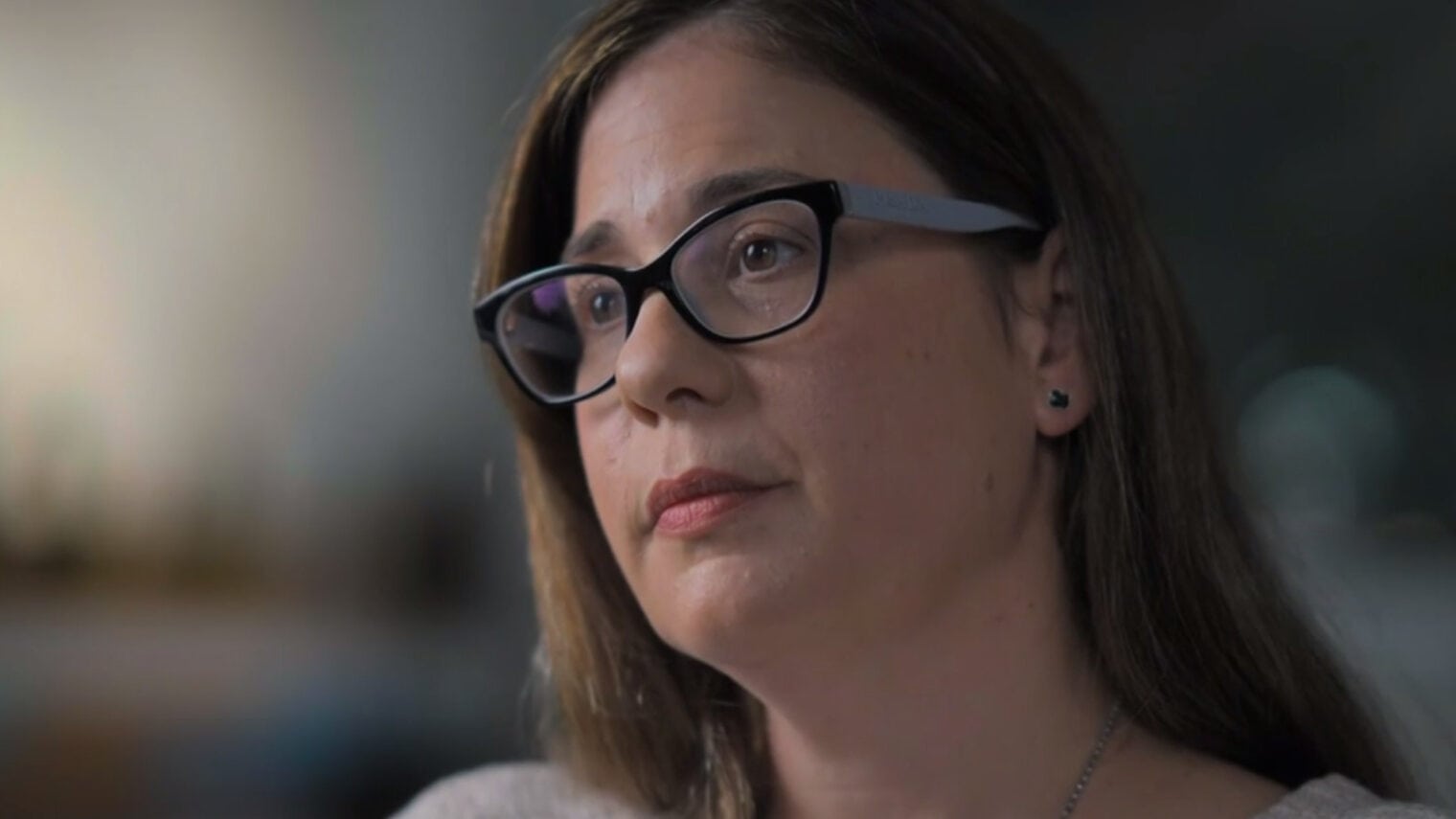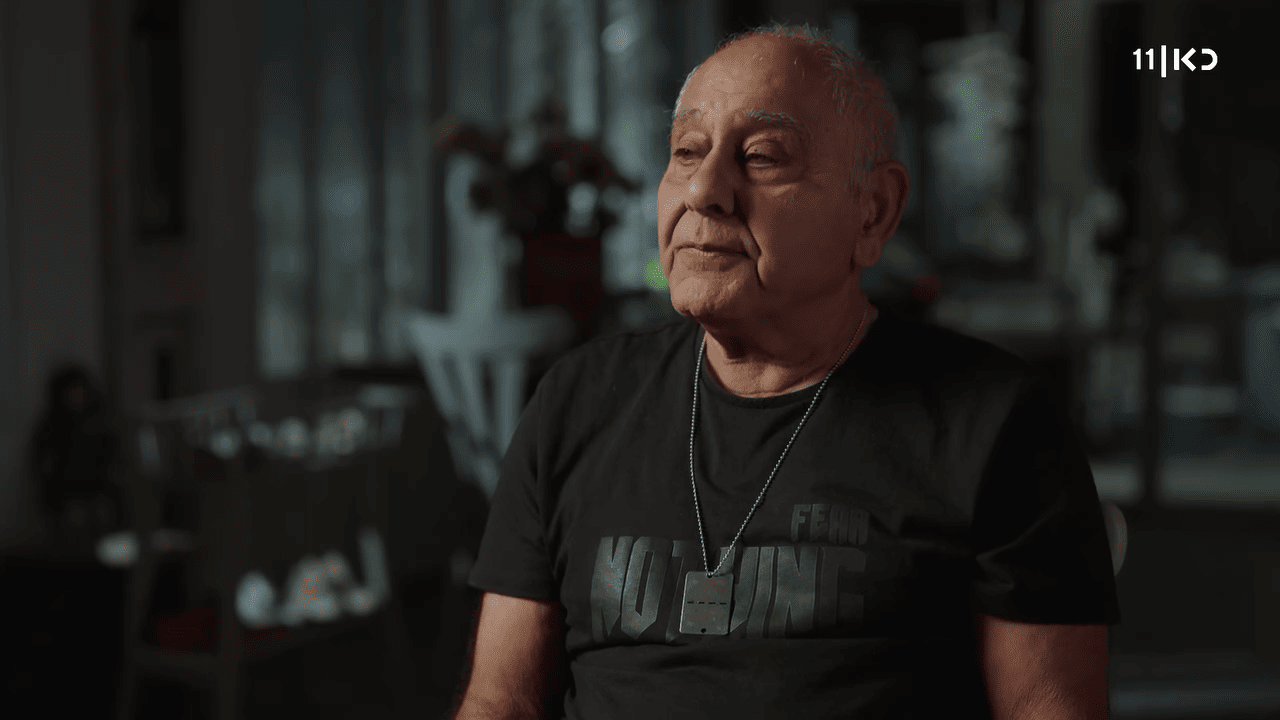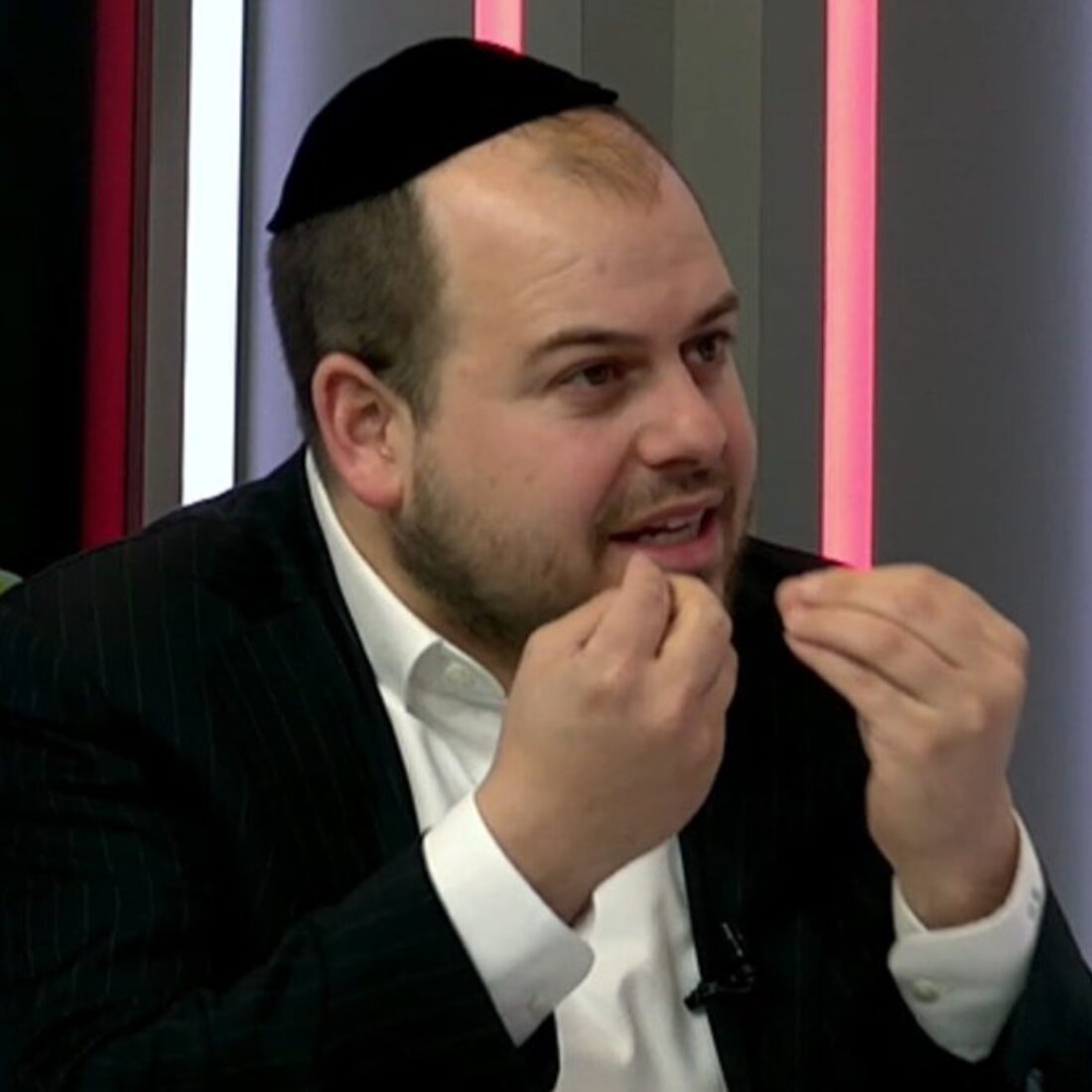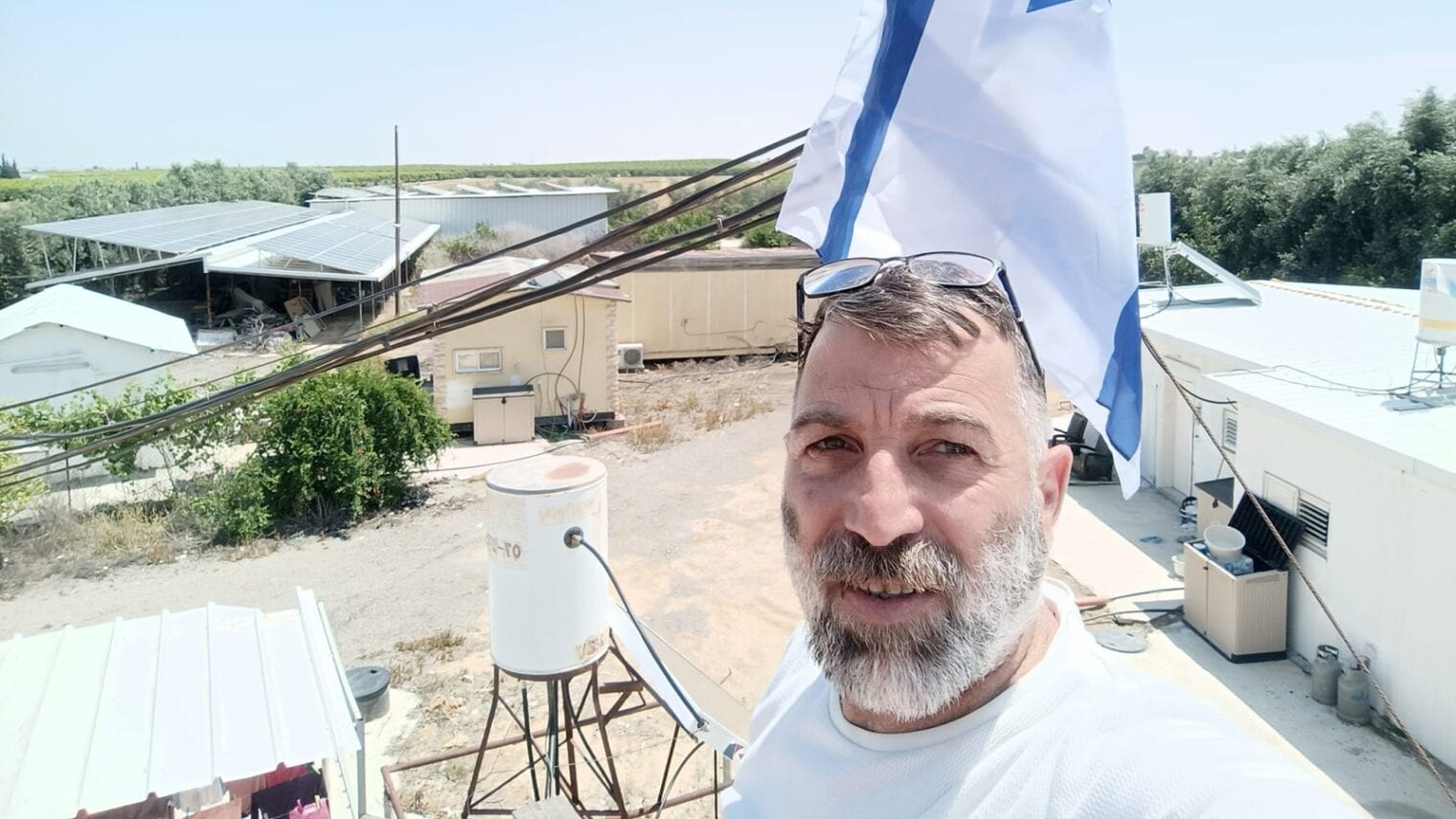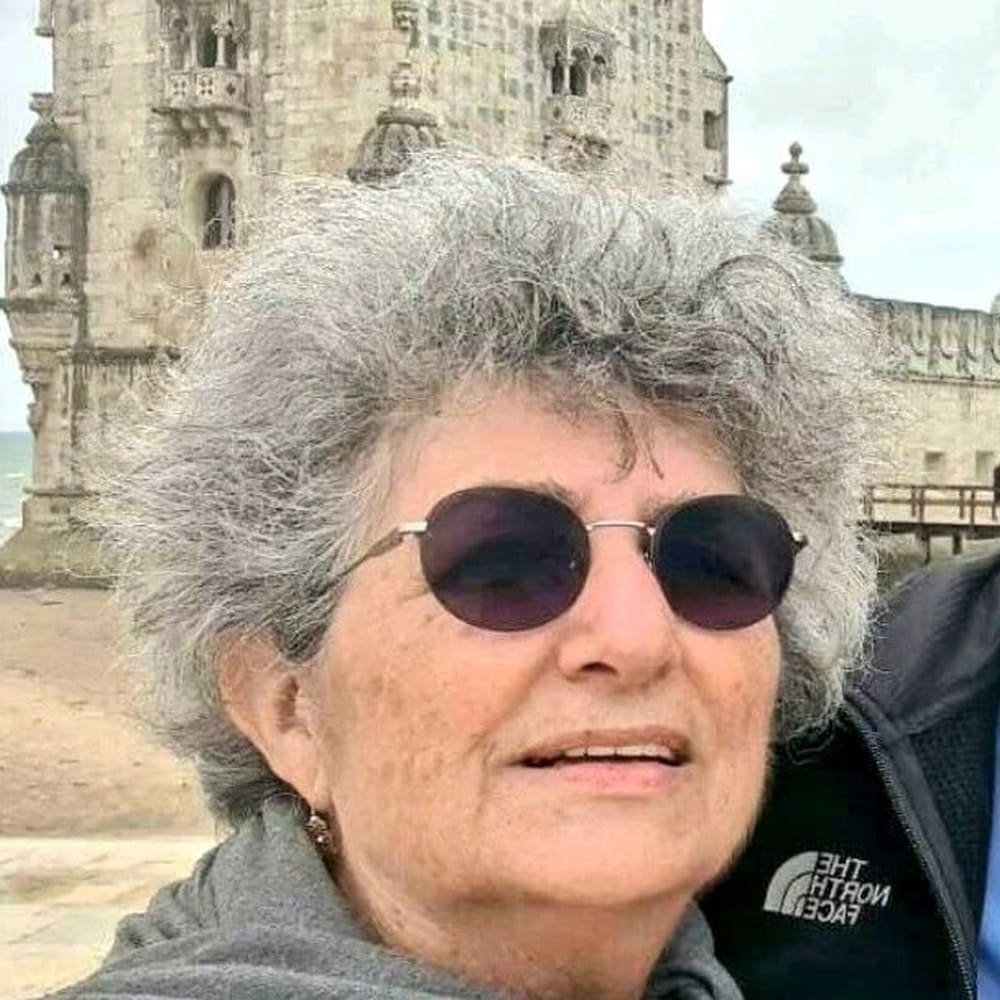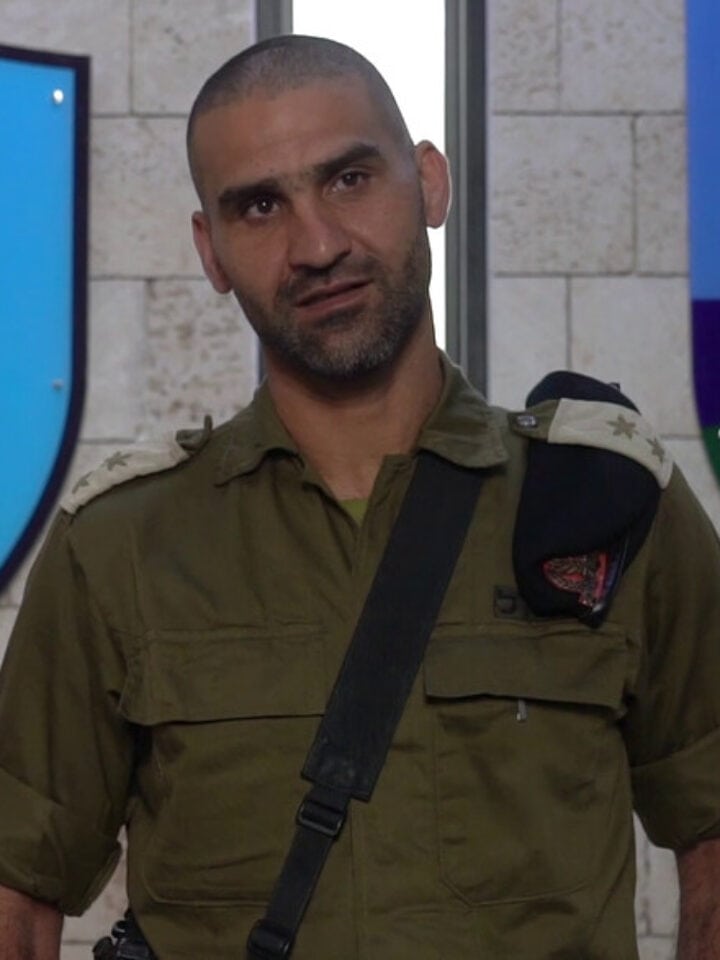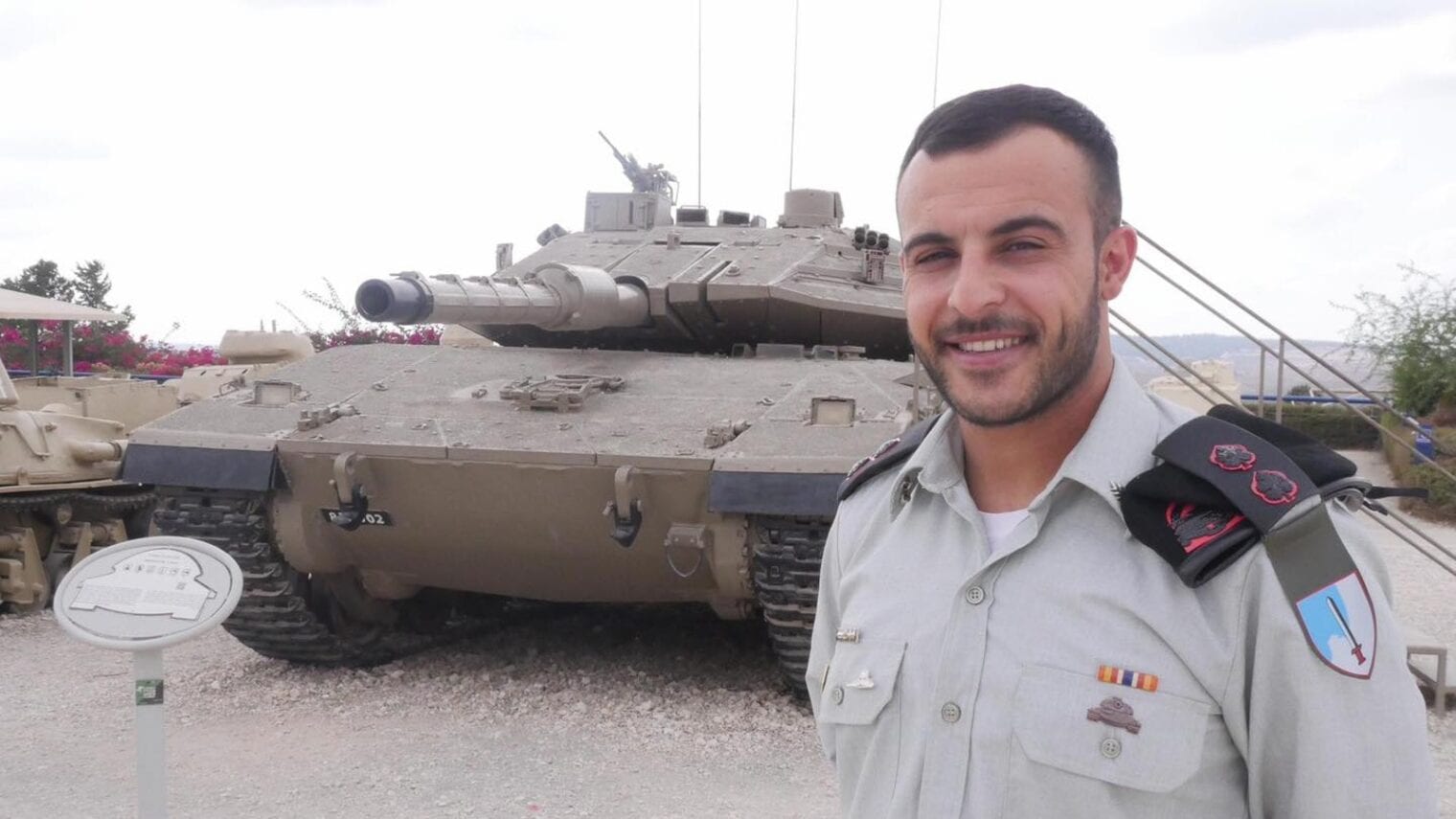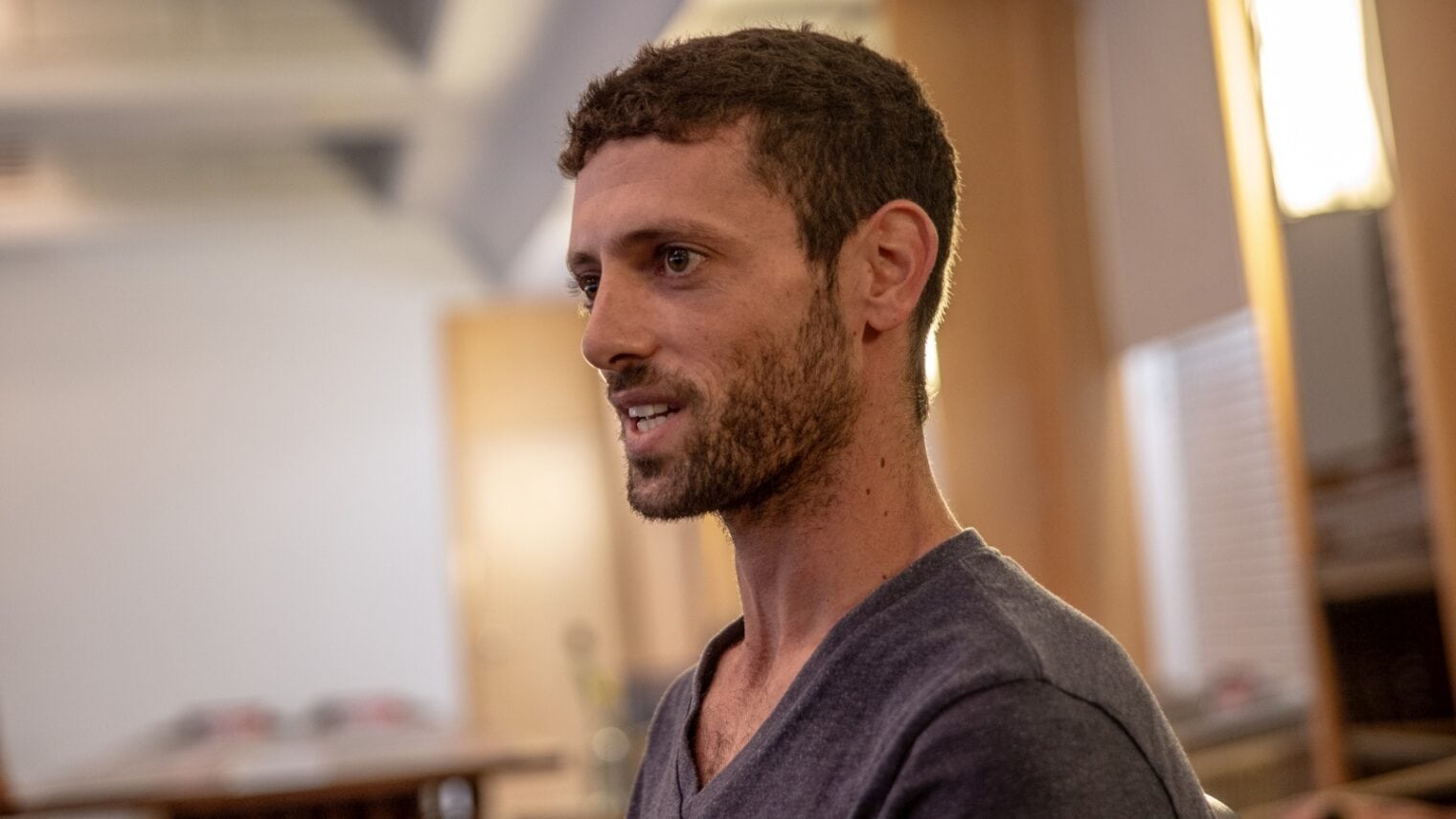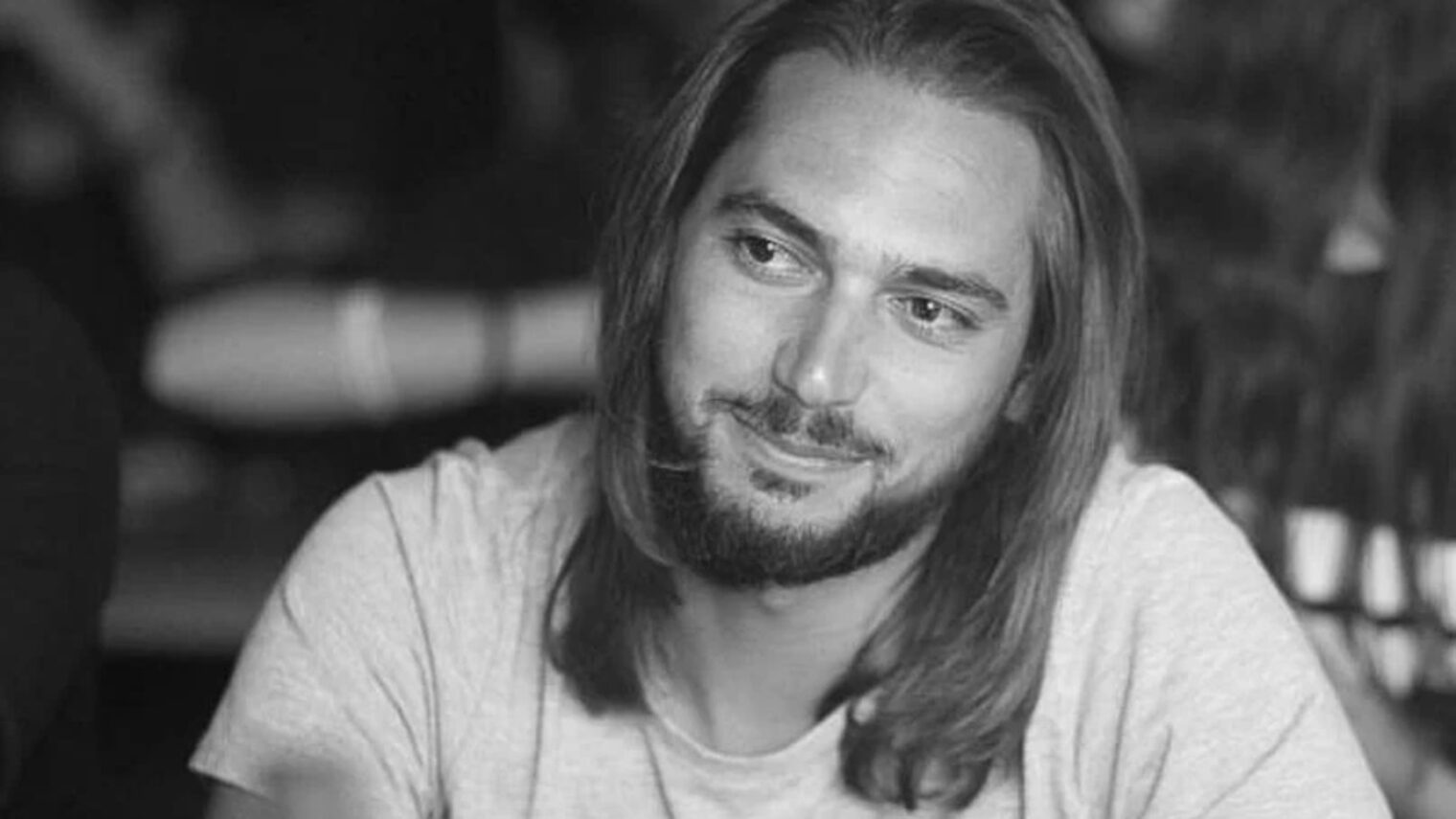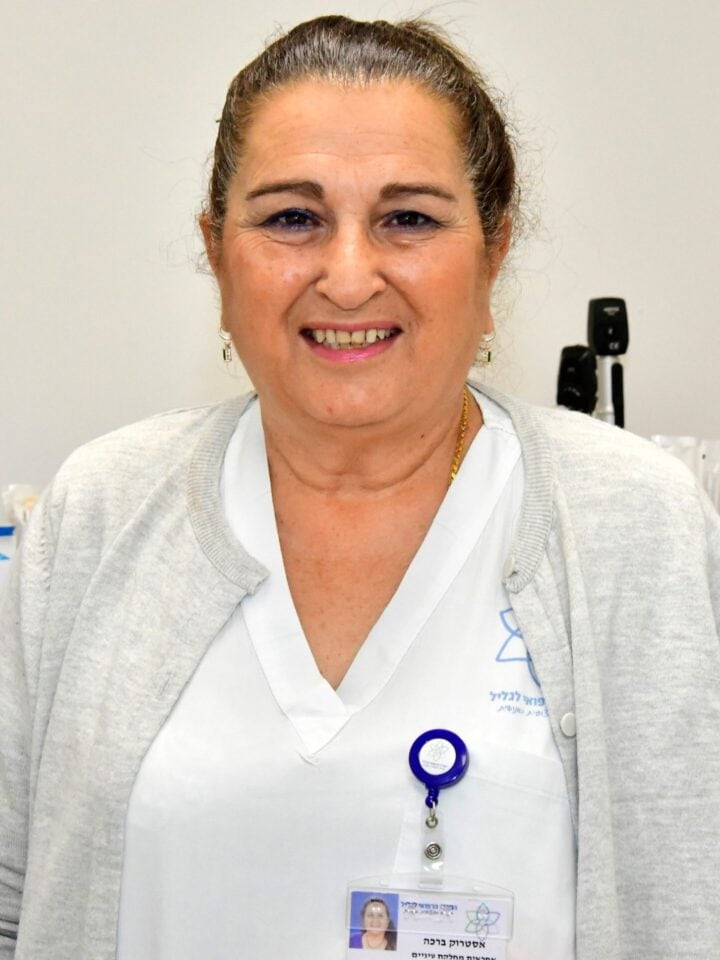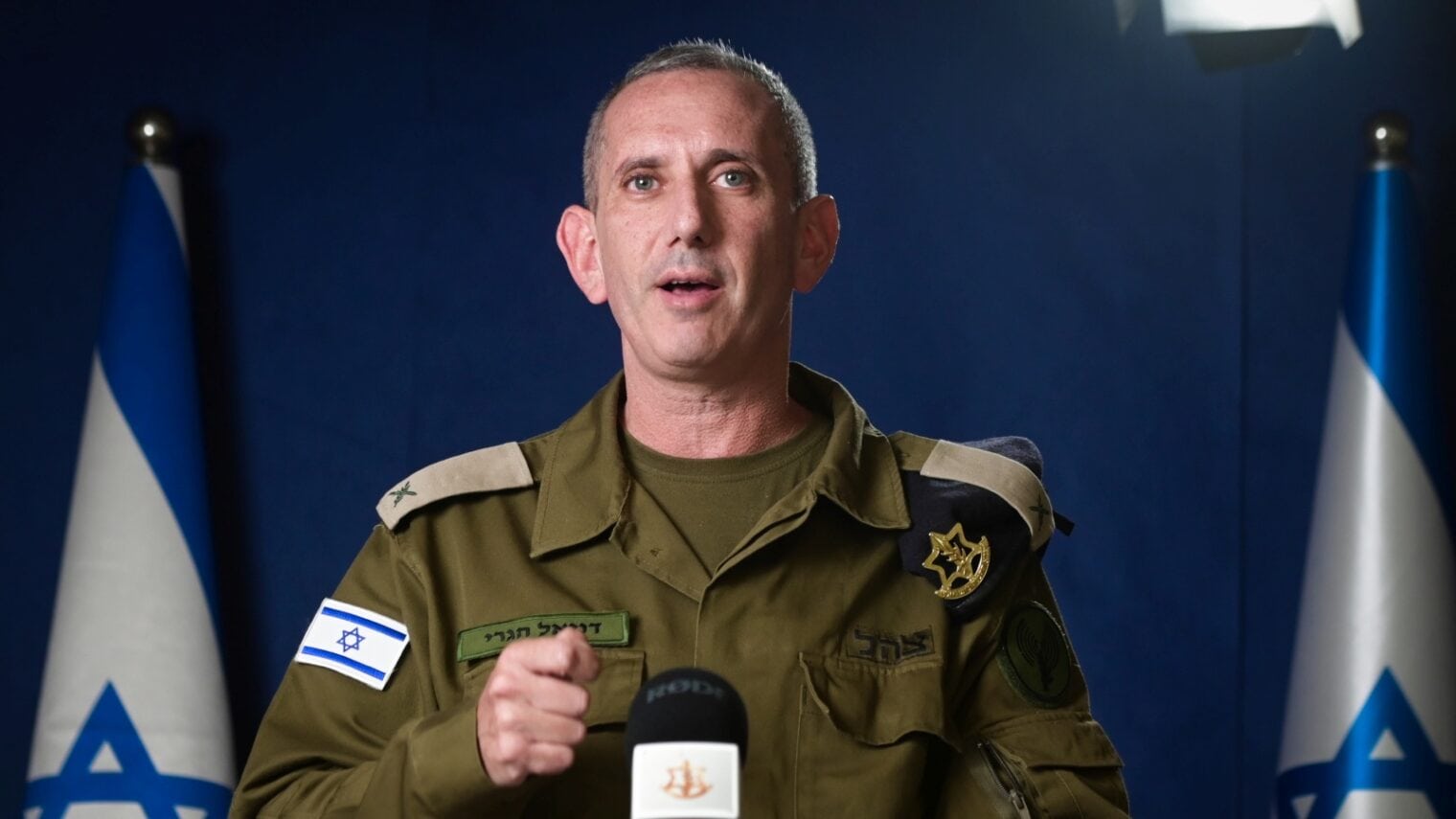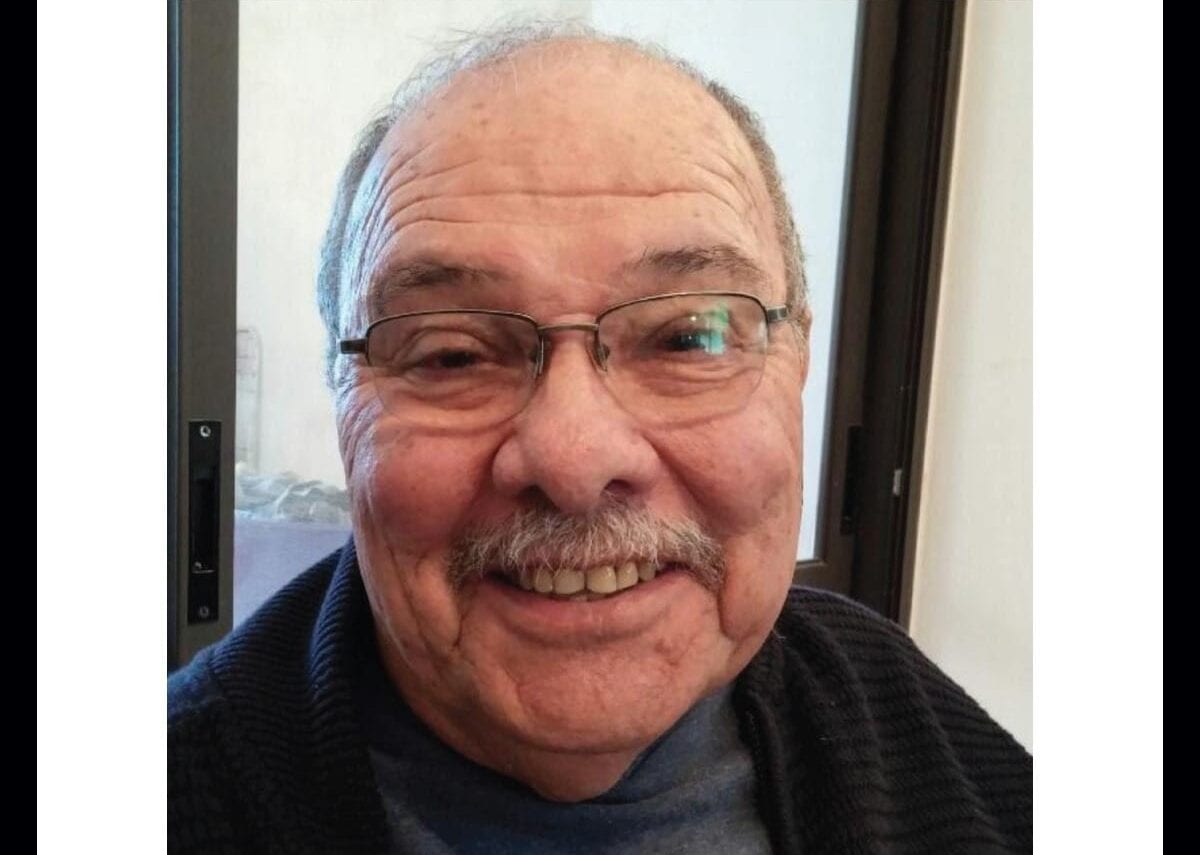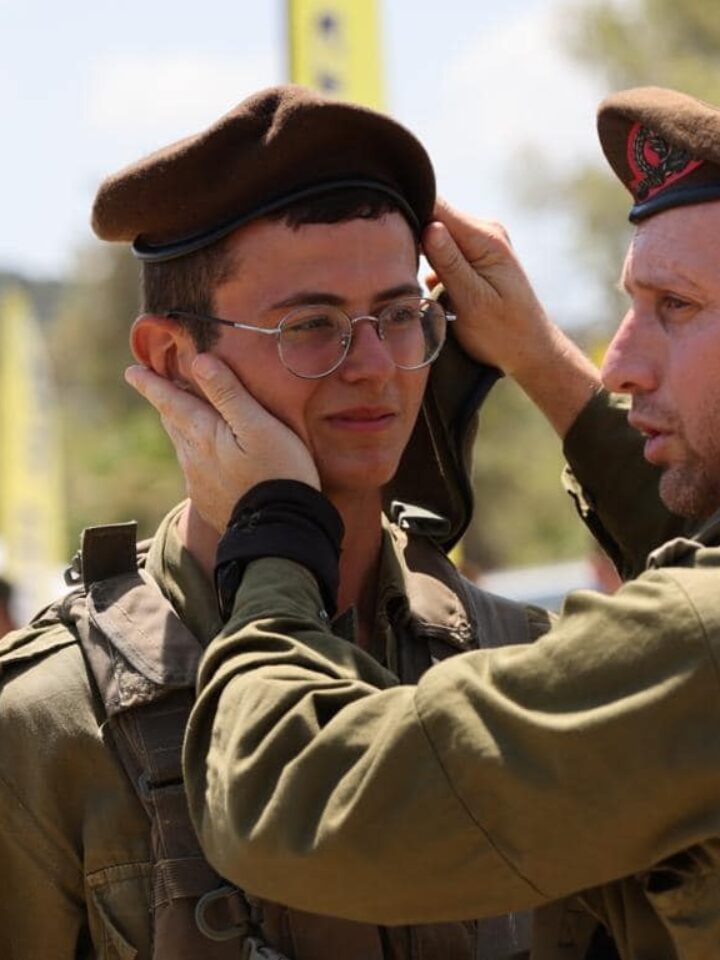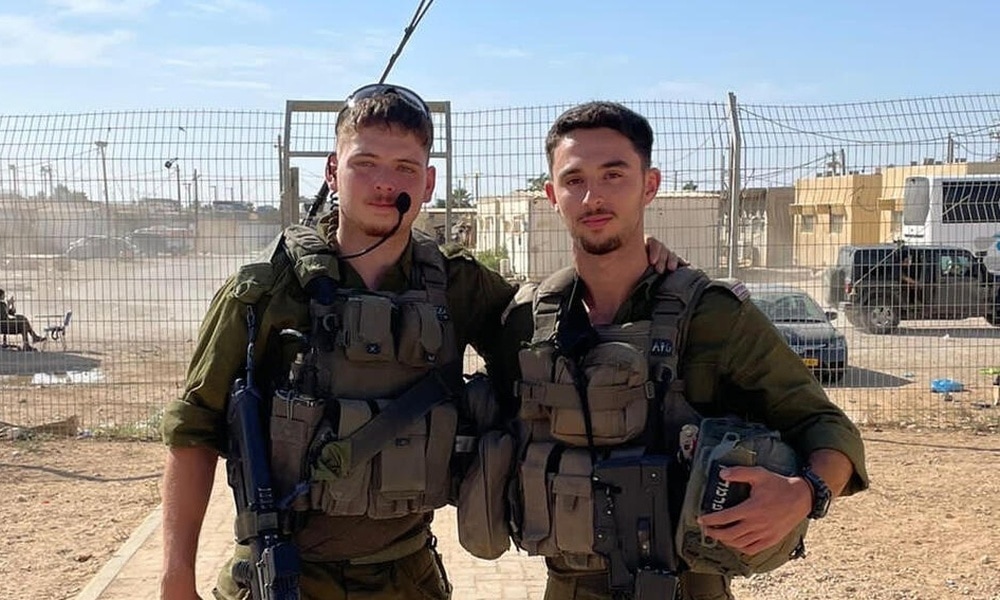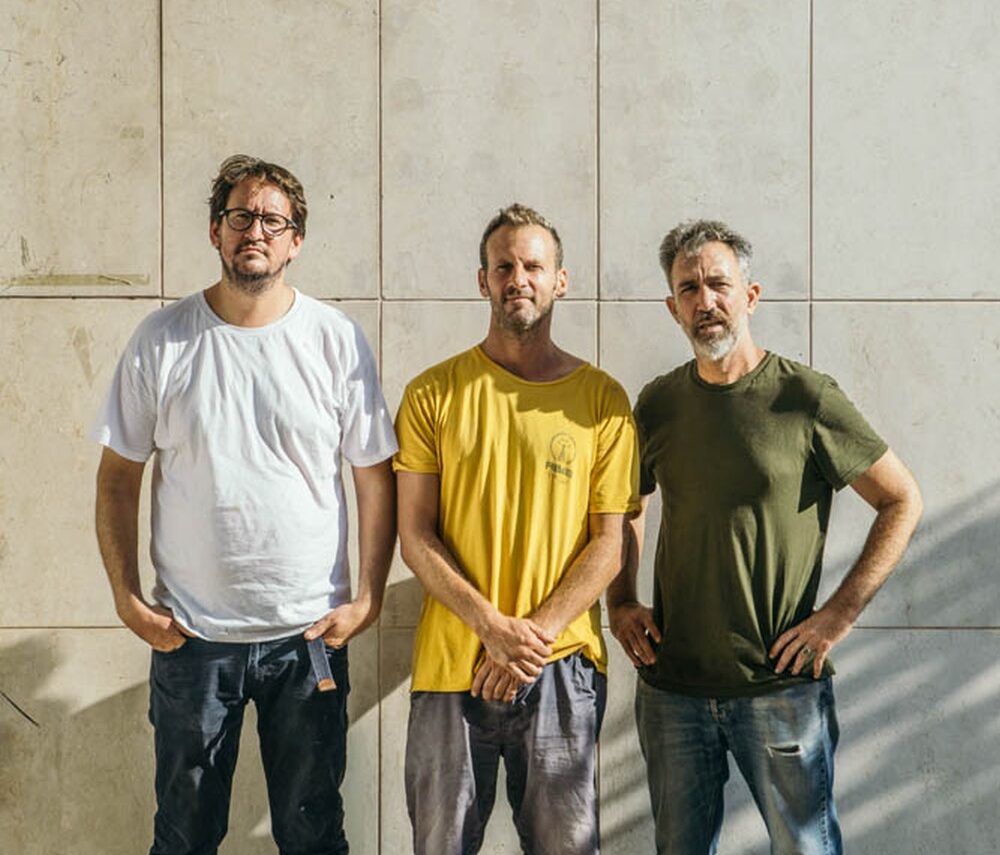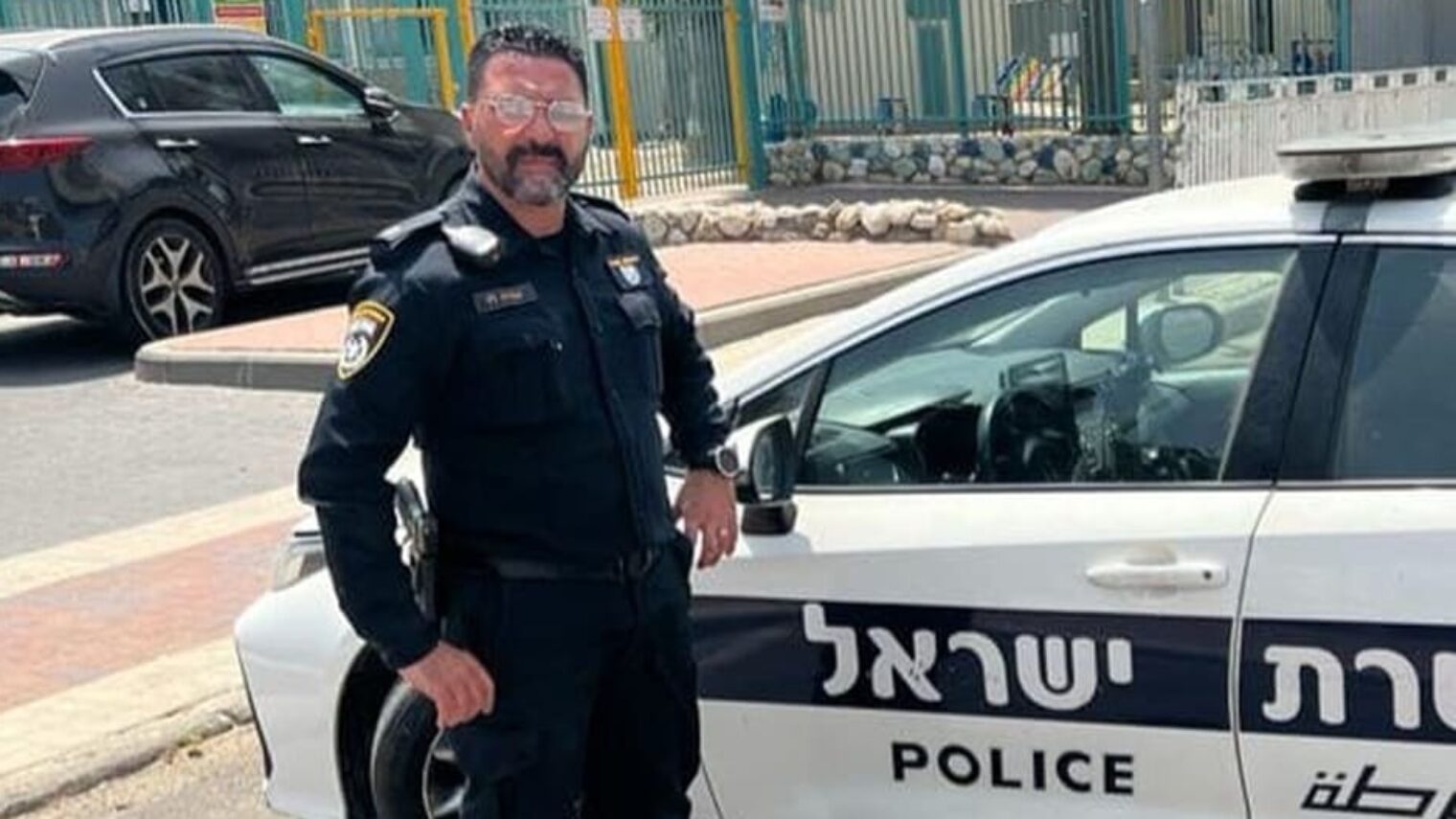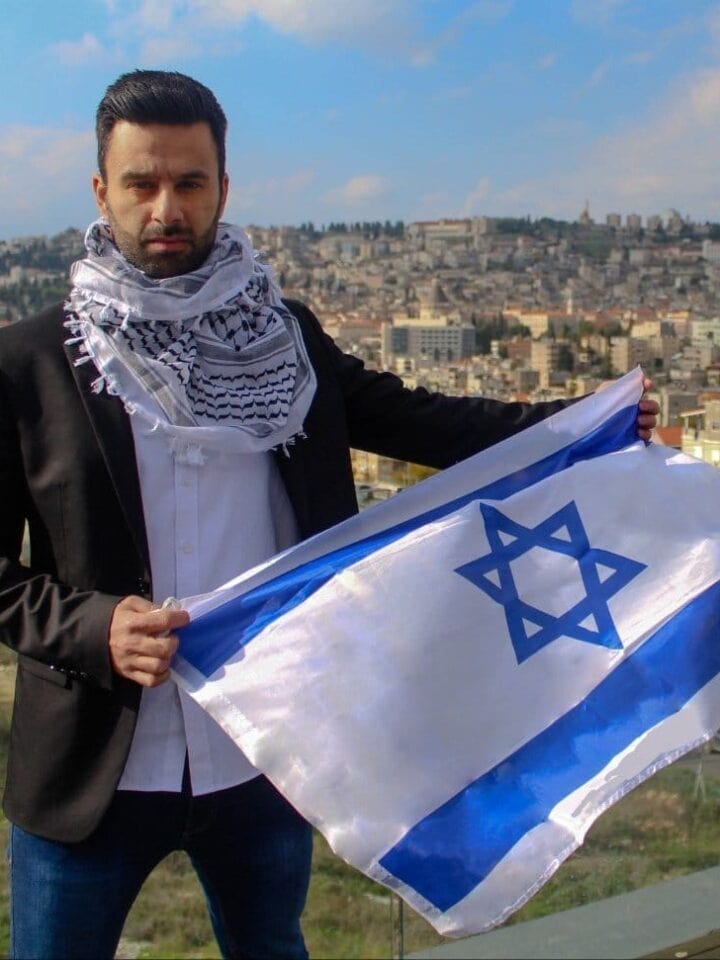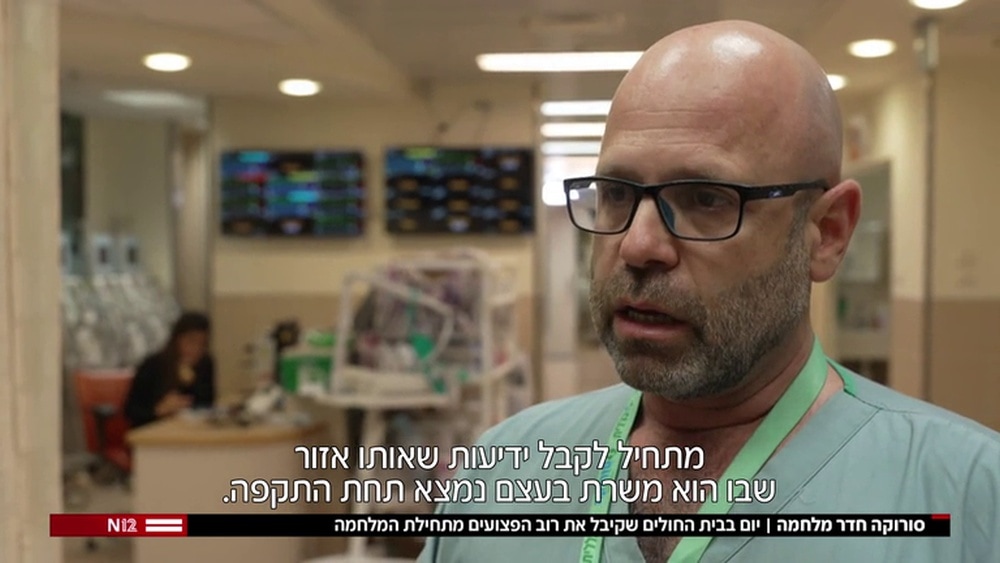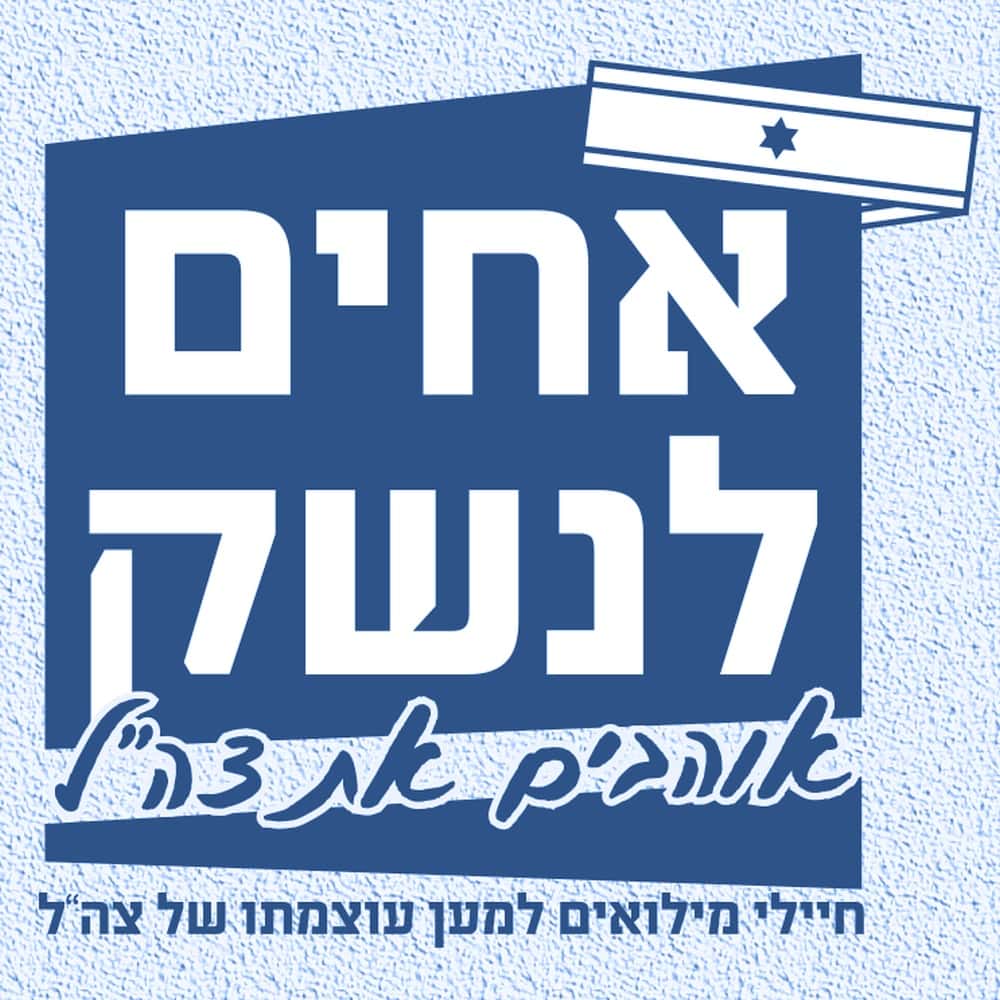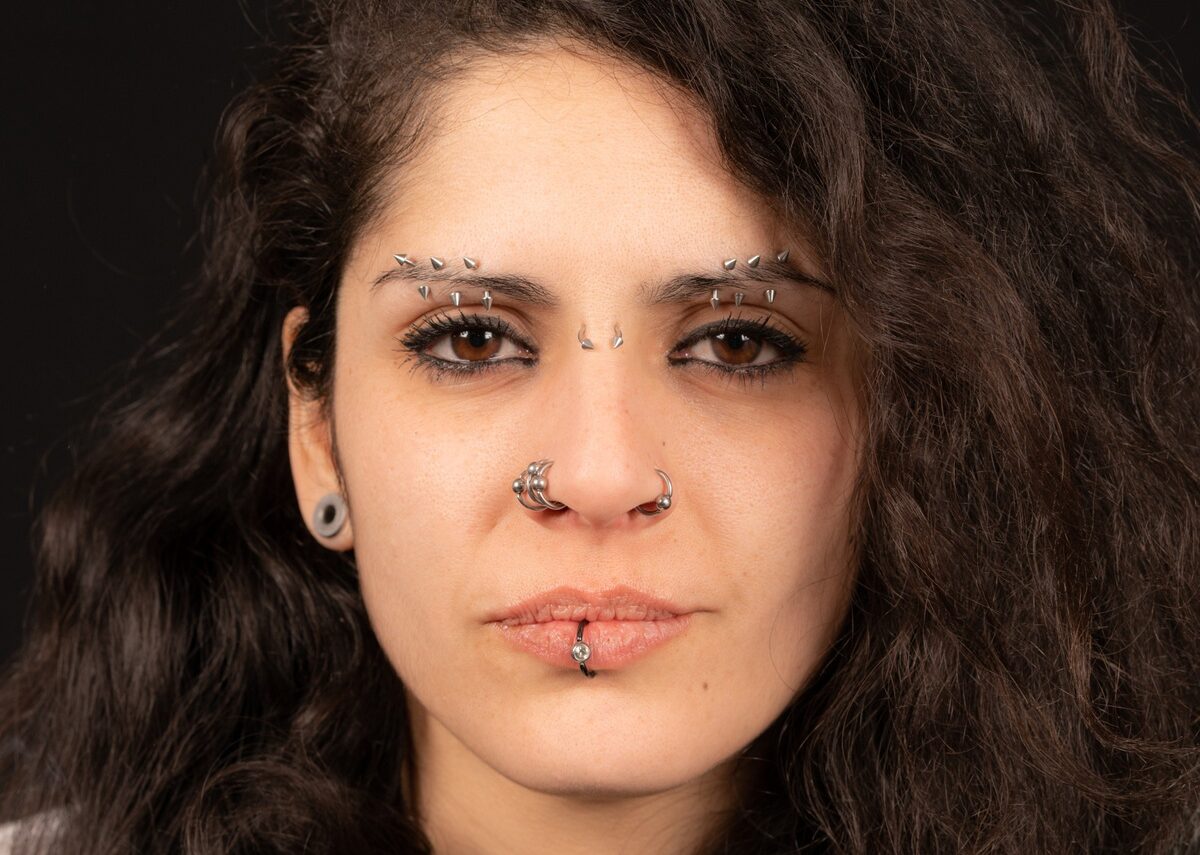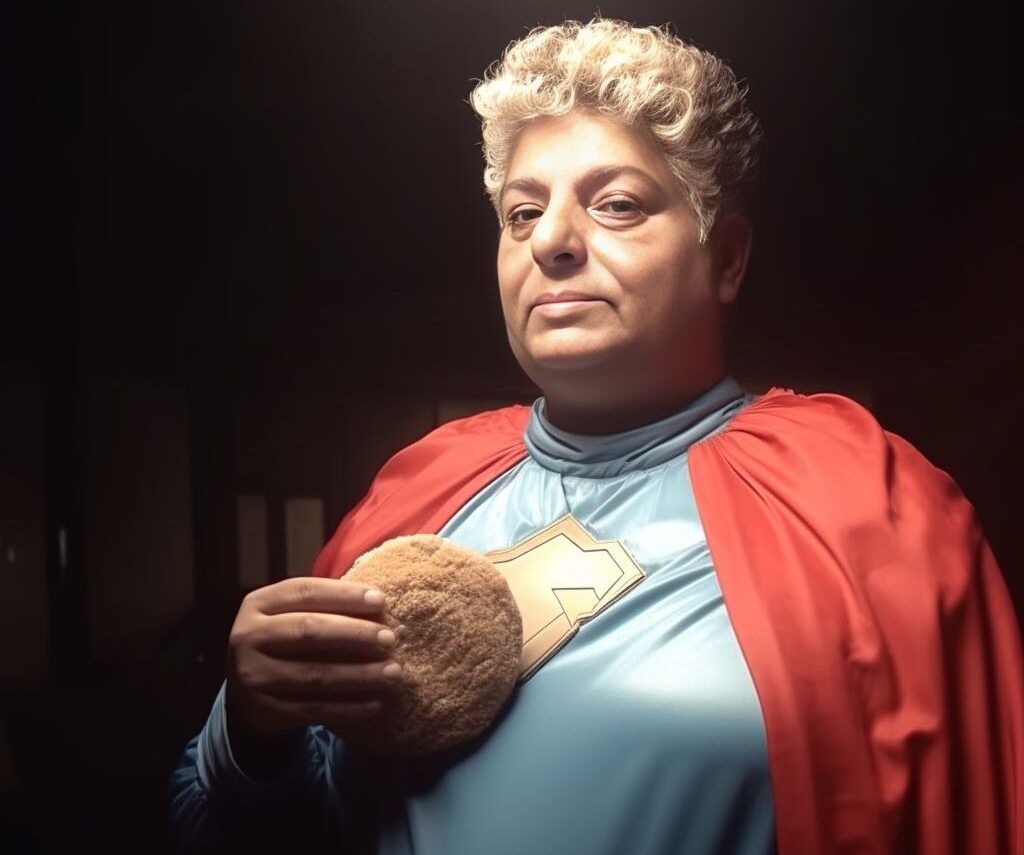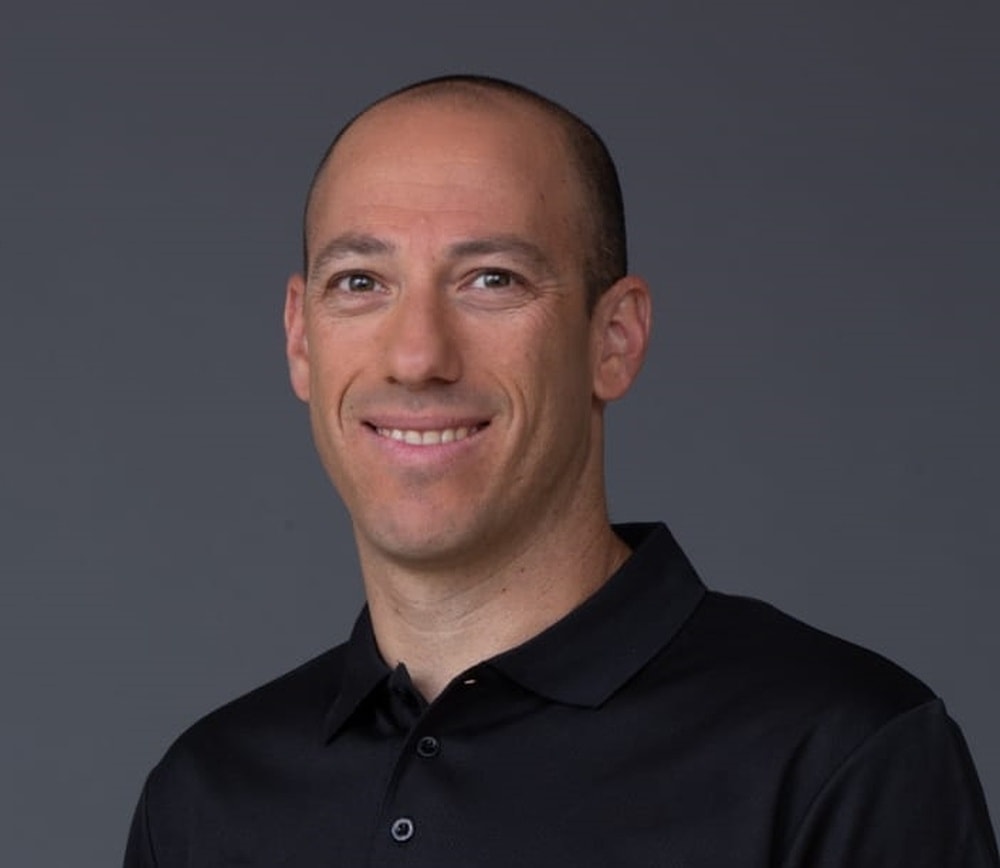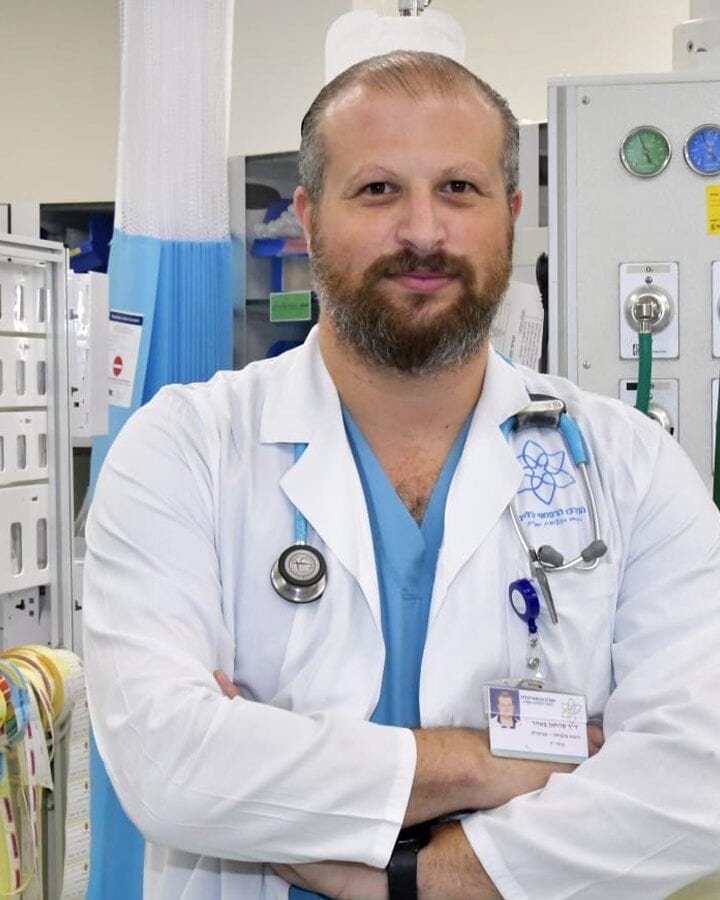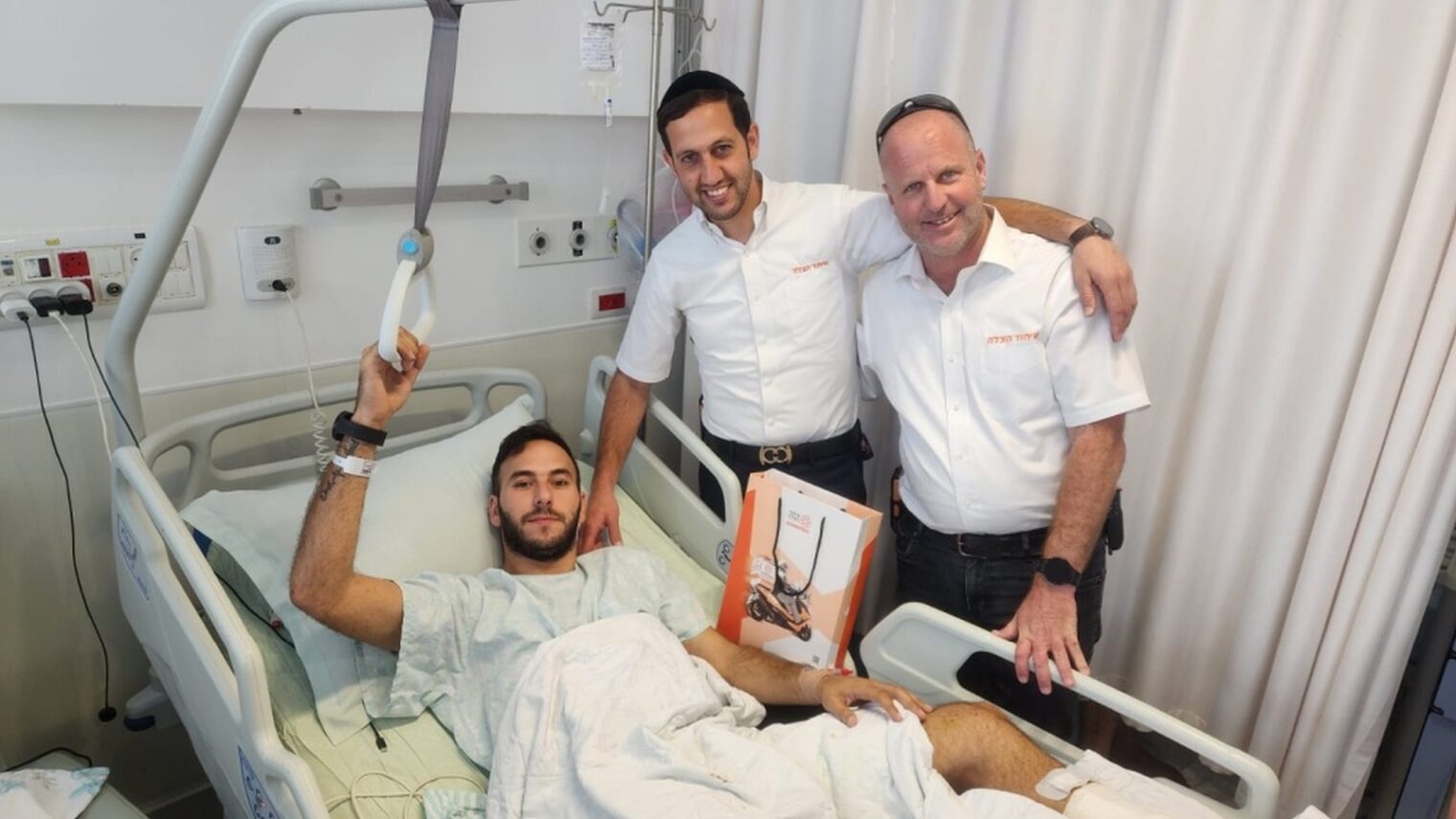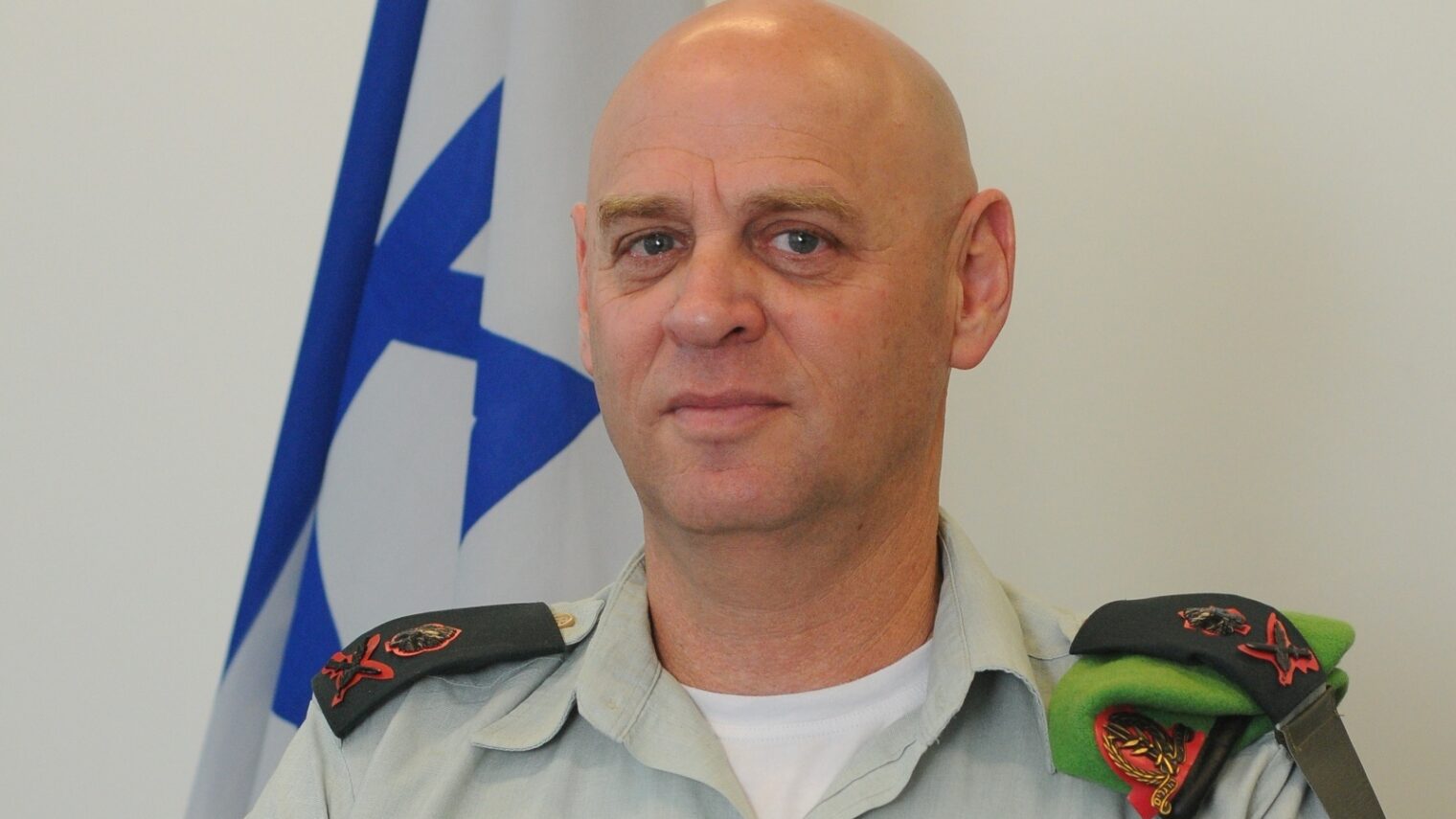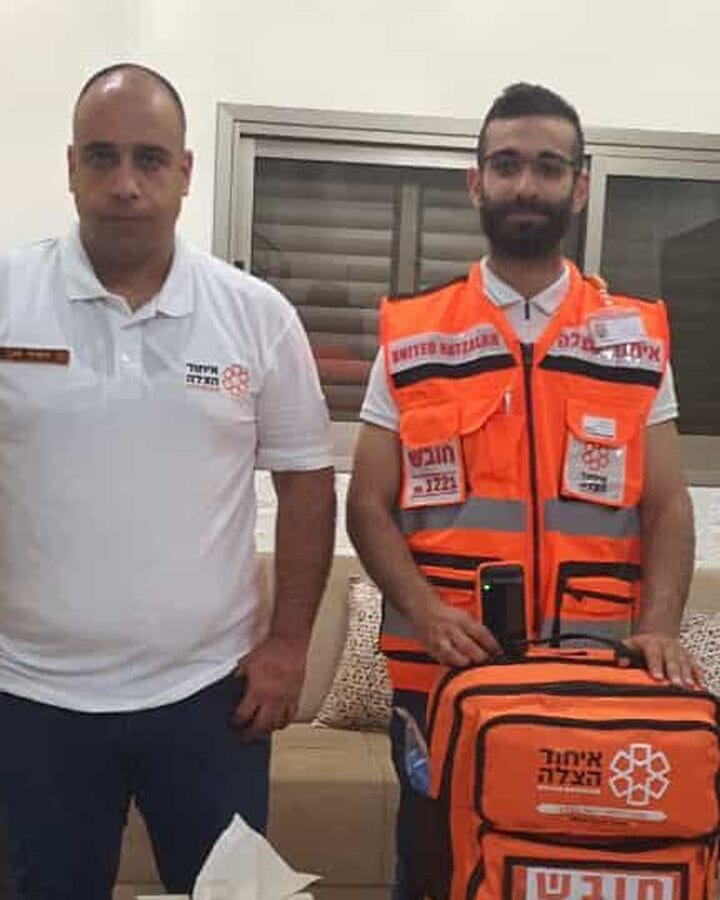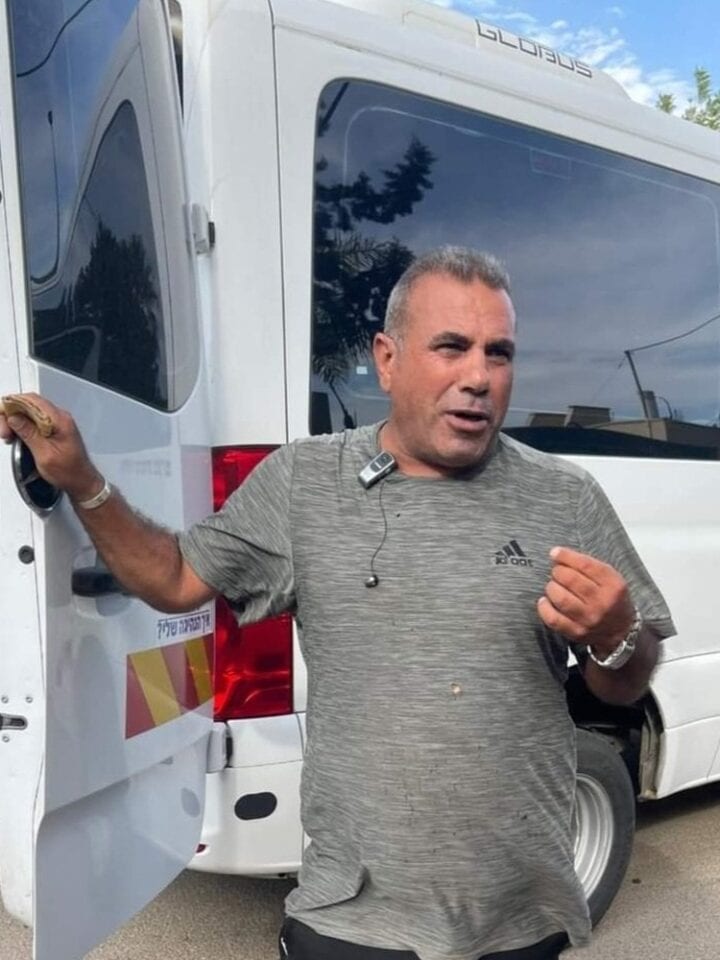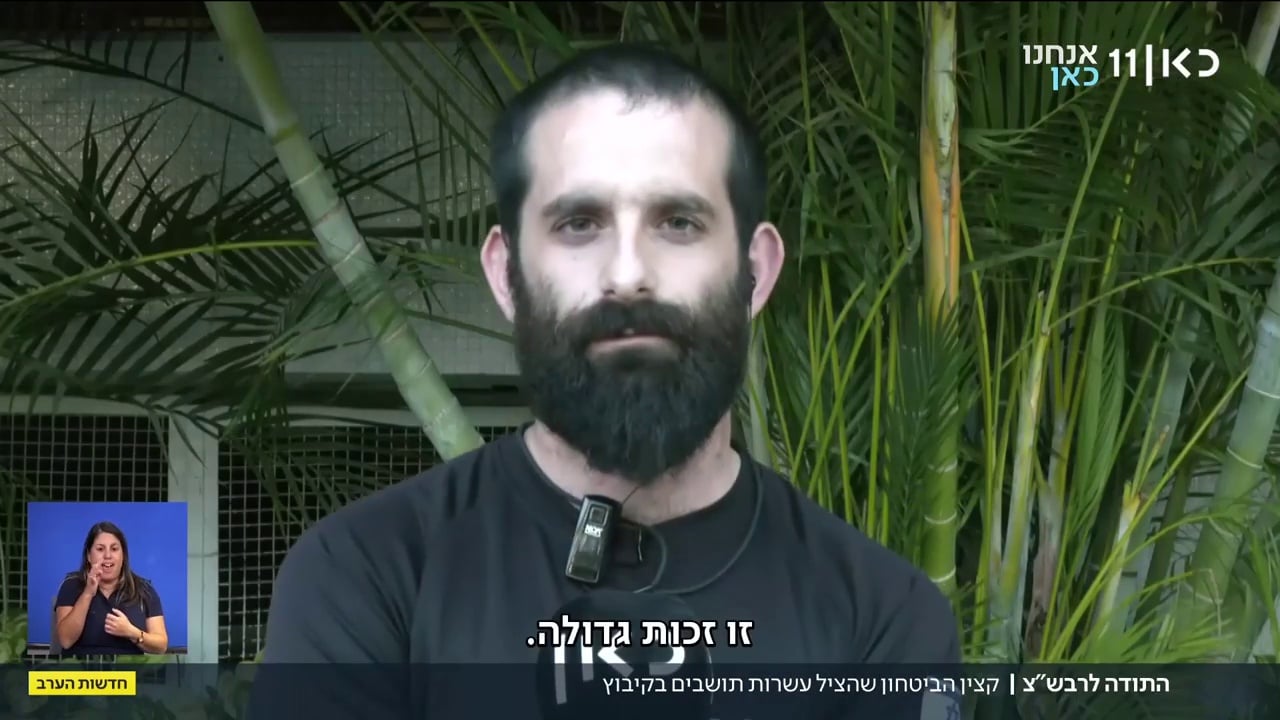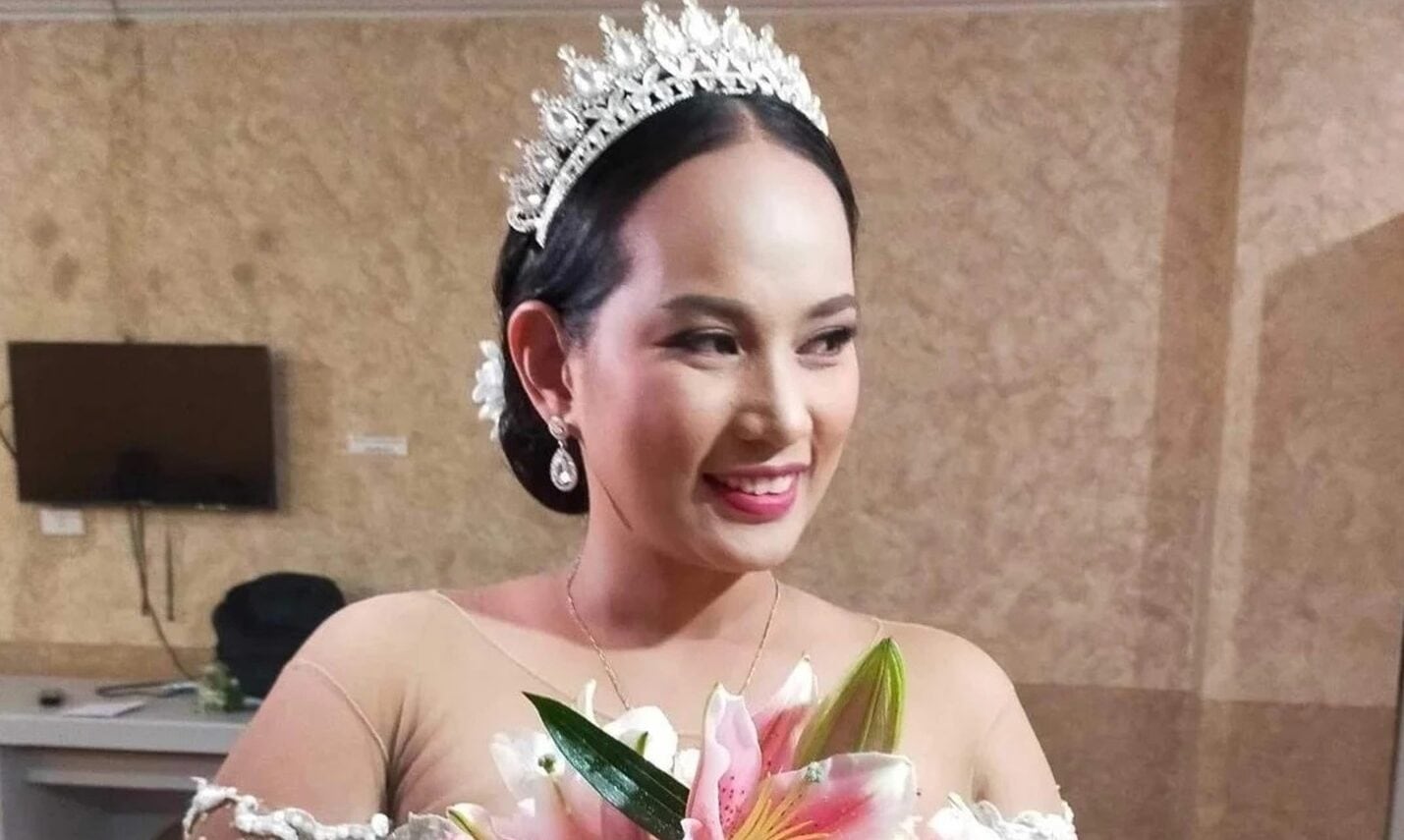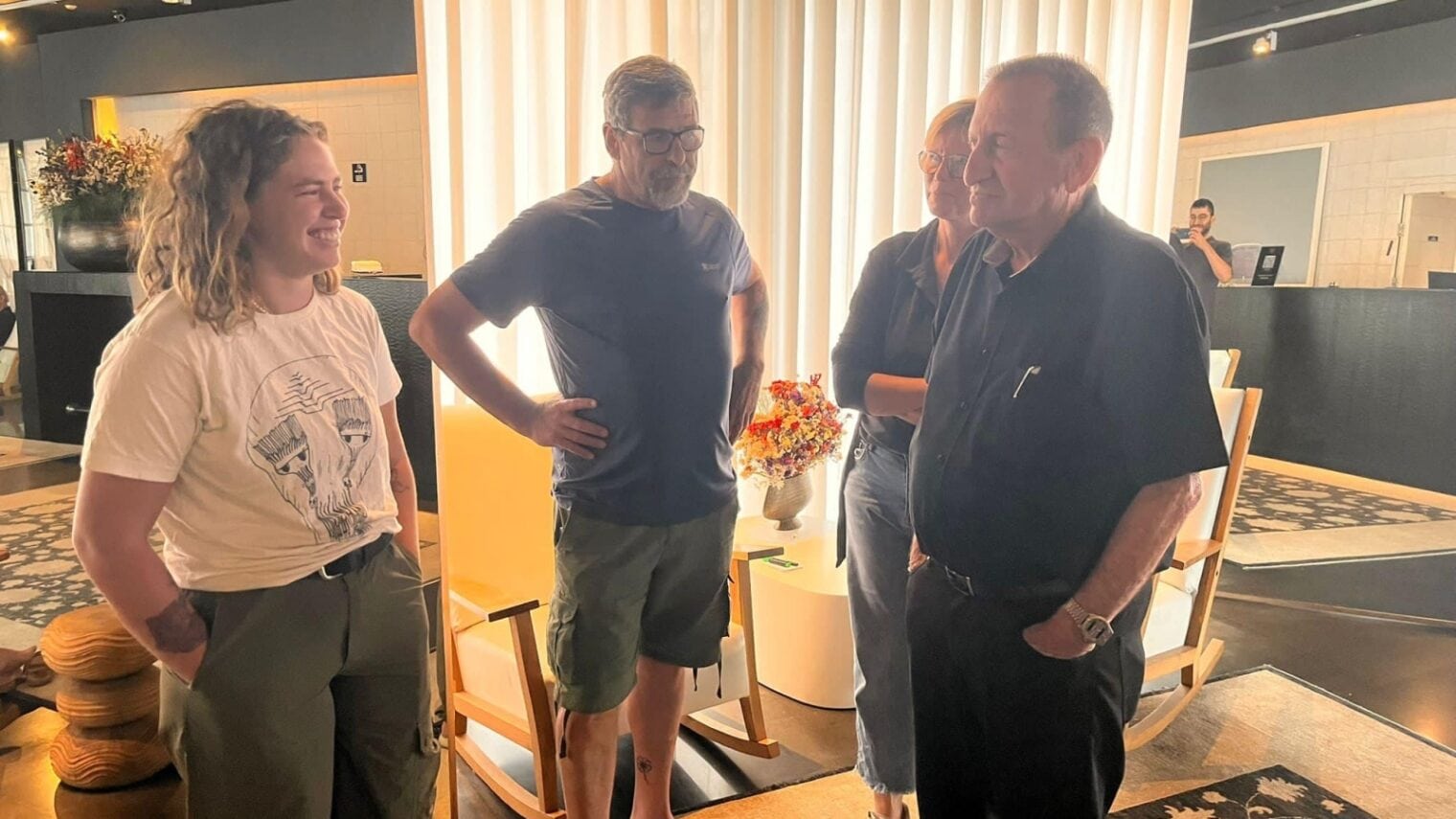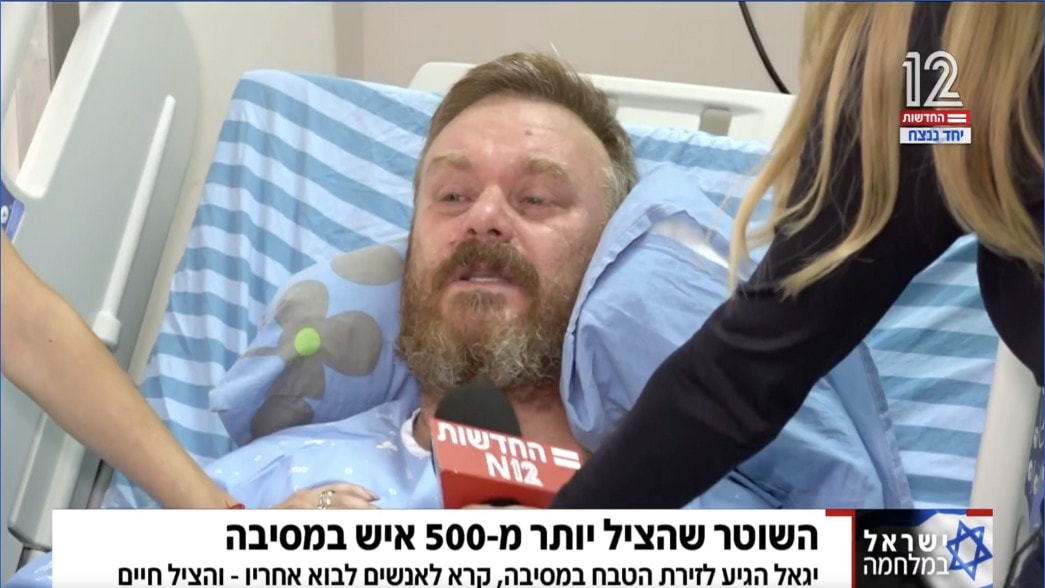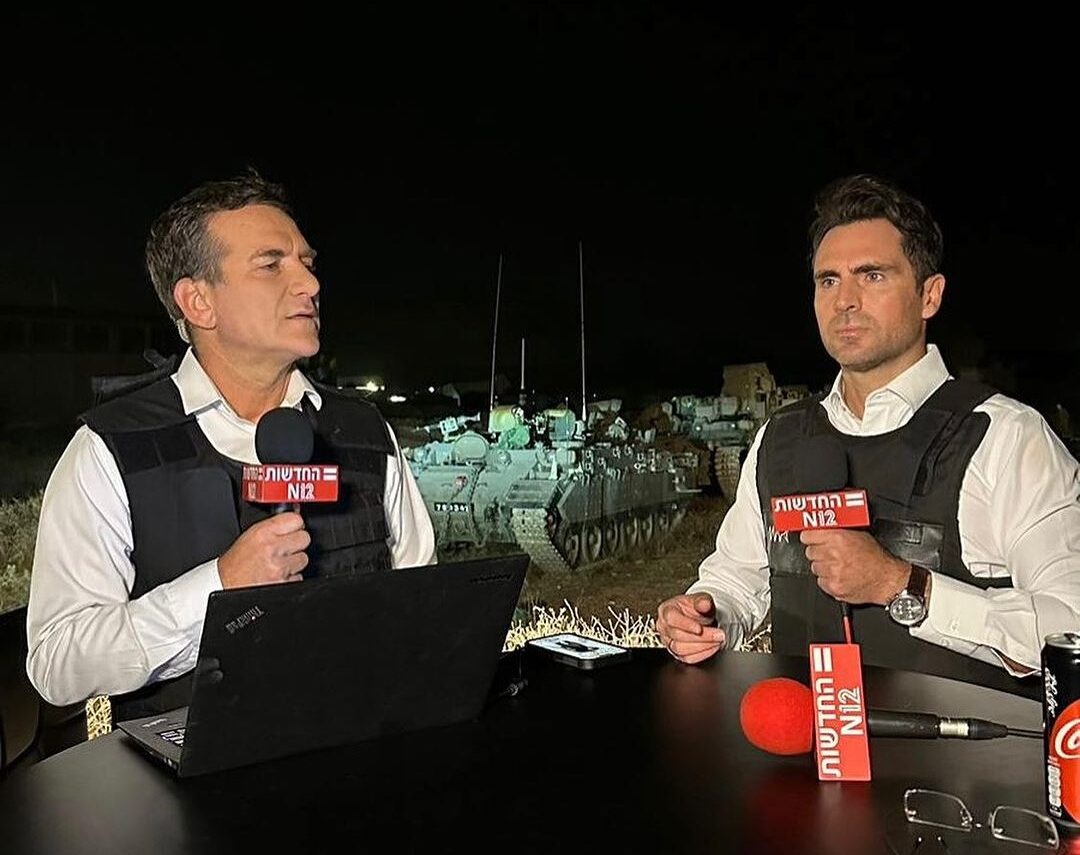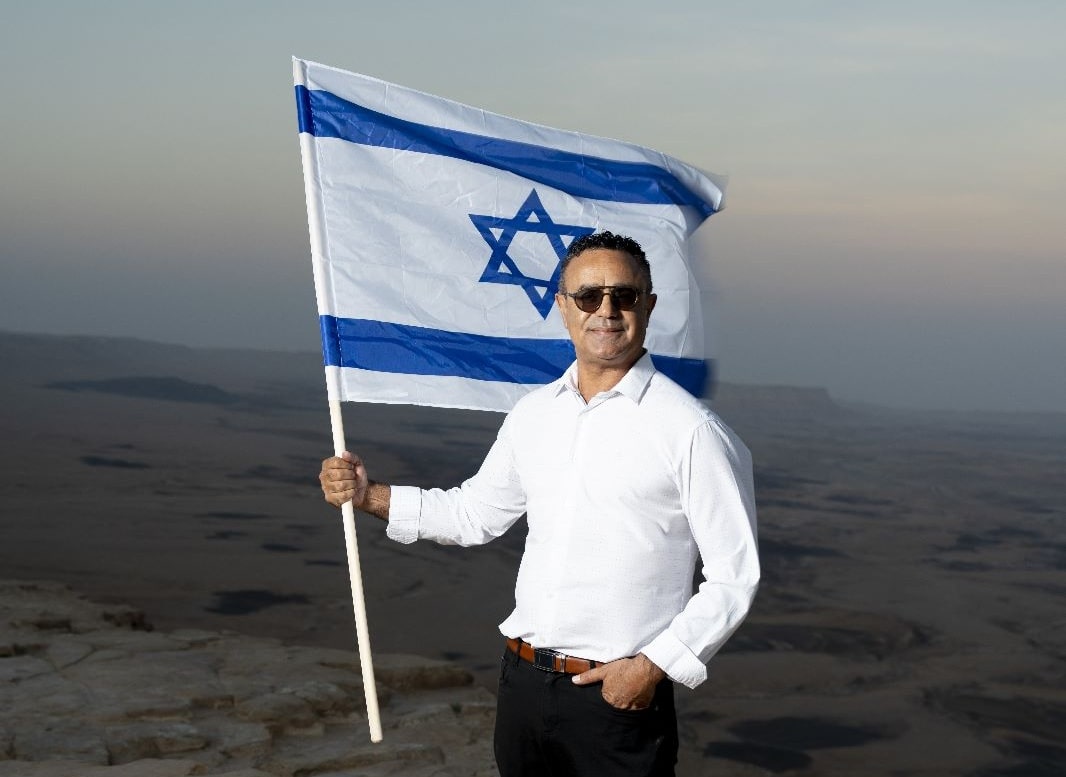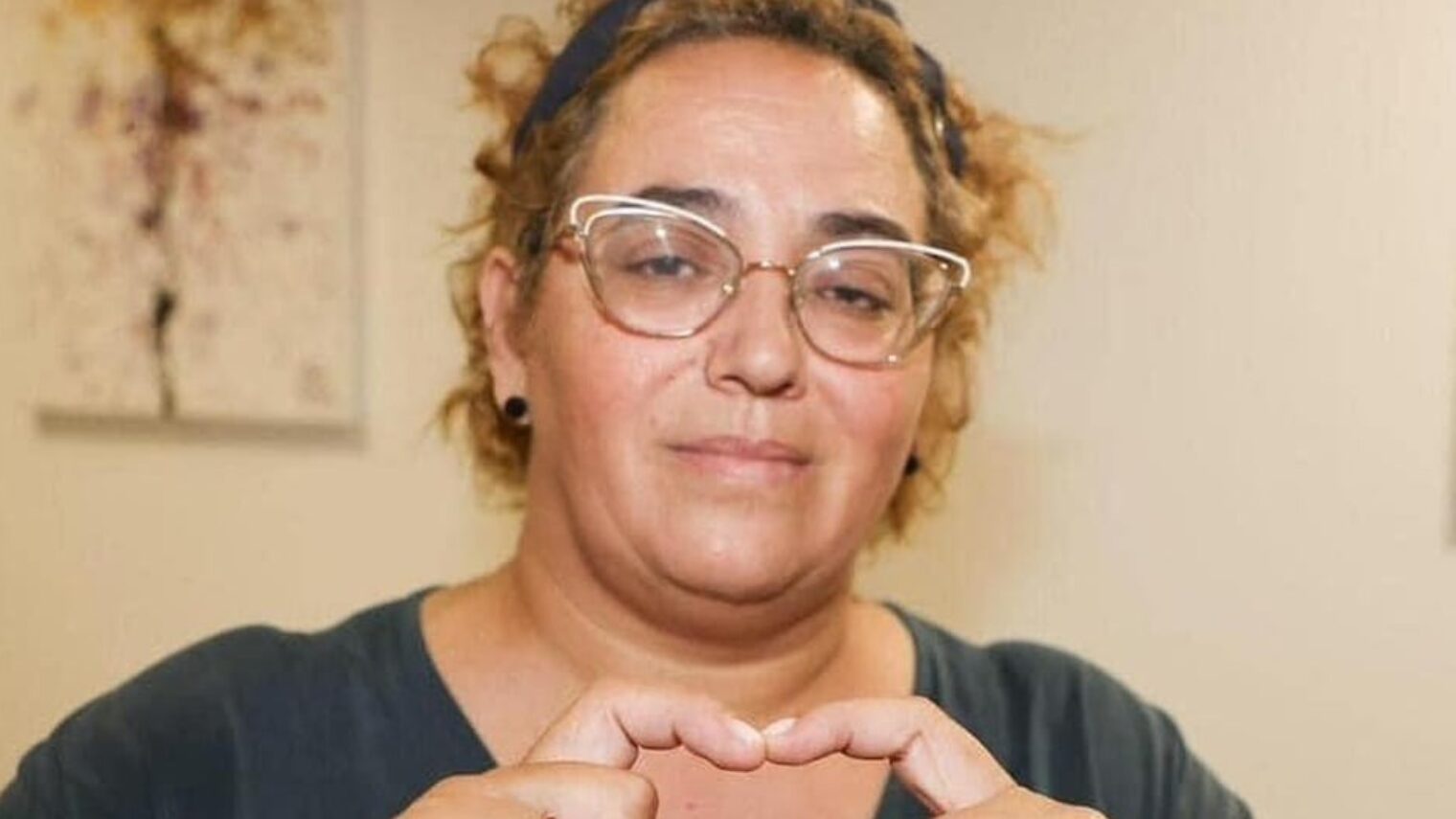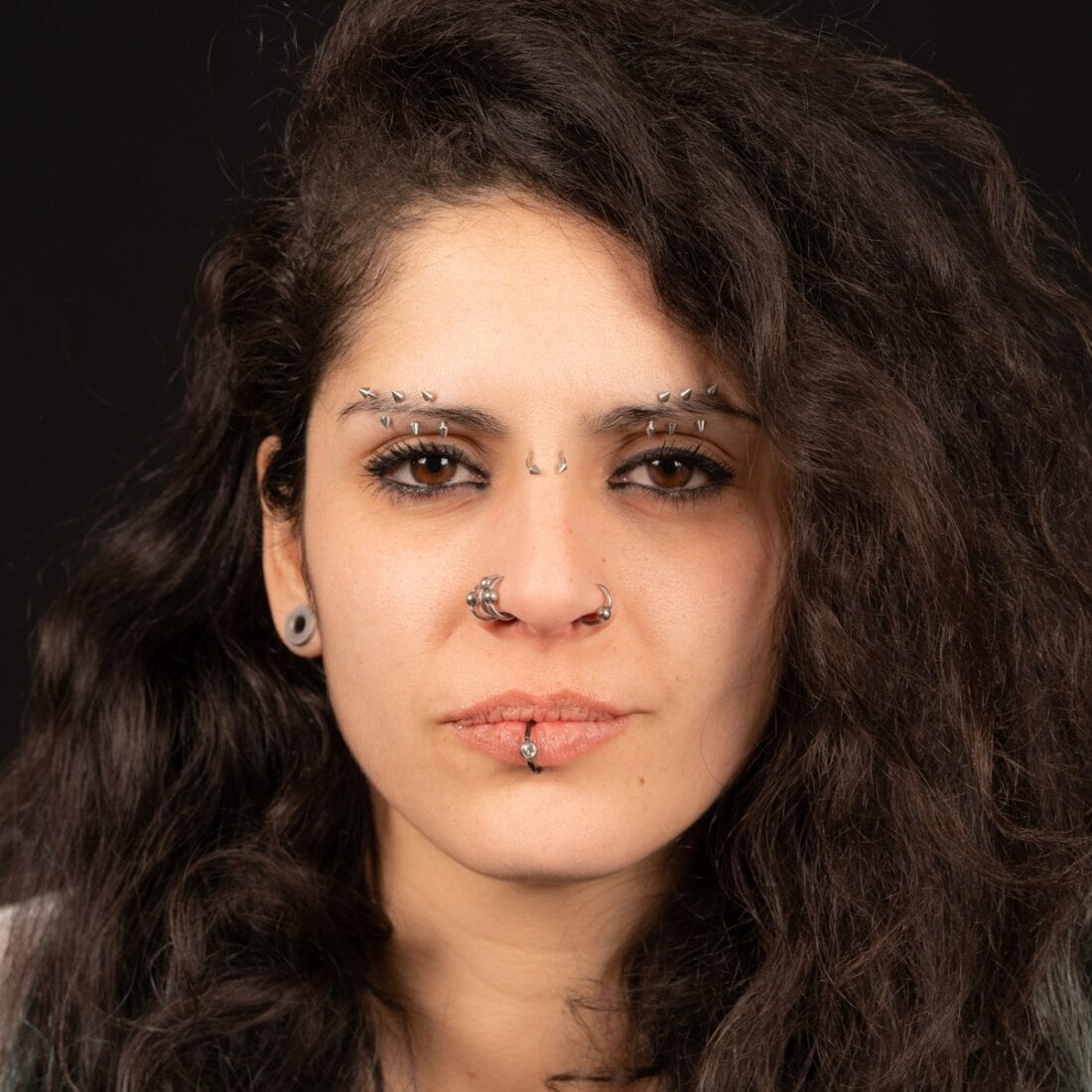On normal days, Nora Lifshitz tends injured Israeli fruit bats in the Israeli Bat Sanctuary run by ATALEF, a nonprofit organization she established.
Wartime is not normal days. Dozens of pets where brutally executed by Hamas on October 7, and others left abandoned and traumatized.
Since the attacks from Gaza began, Lifshitz has shifted much of her focus to rescuing dogs and cats as well as parrots, a goat, chickens and rabbits – about 90 living creatures so far.
“I love all animals, and I have abilities in this field,” she explains.
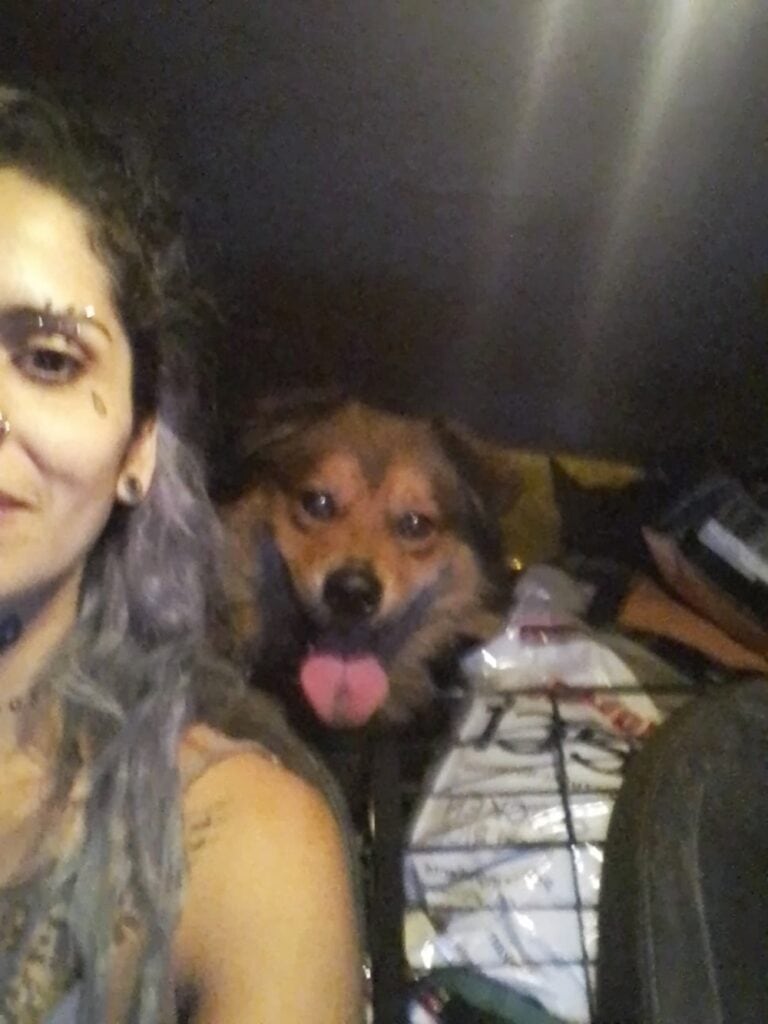
“I have pills and I drug aggressive or hysterical dogs if needed. I have had to carry rabbits and cats in bags or pillowcases,” she says. “It’s not about going there to take a picture with a cute dog and put it on social media.”
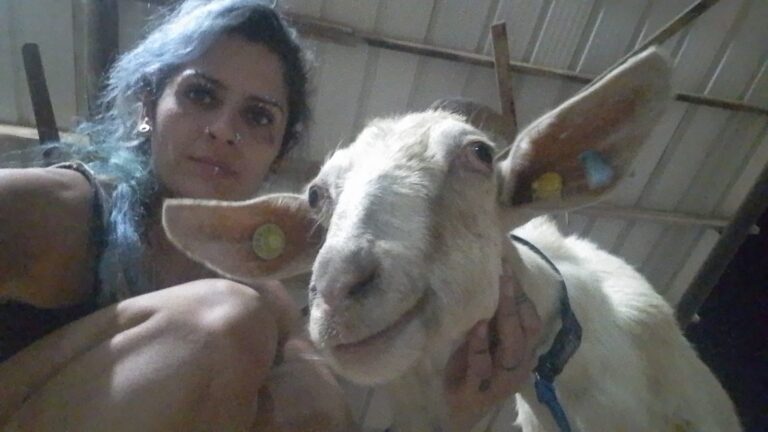
“There is a harder side which I find to be the most meaningful in this work. Many times I go into settlements where people have been kidnapped or murdered, waiting four hours at the checkpoint to be able to go in just to verify for the owner whether their animal really died.”
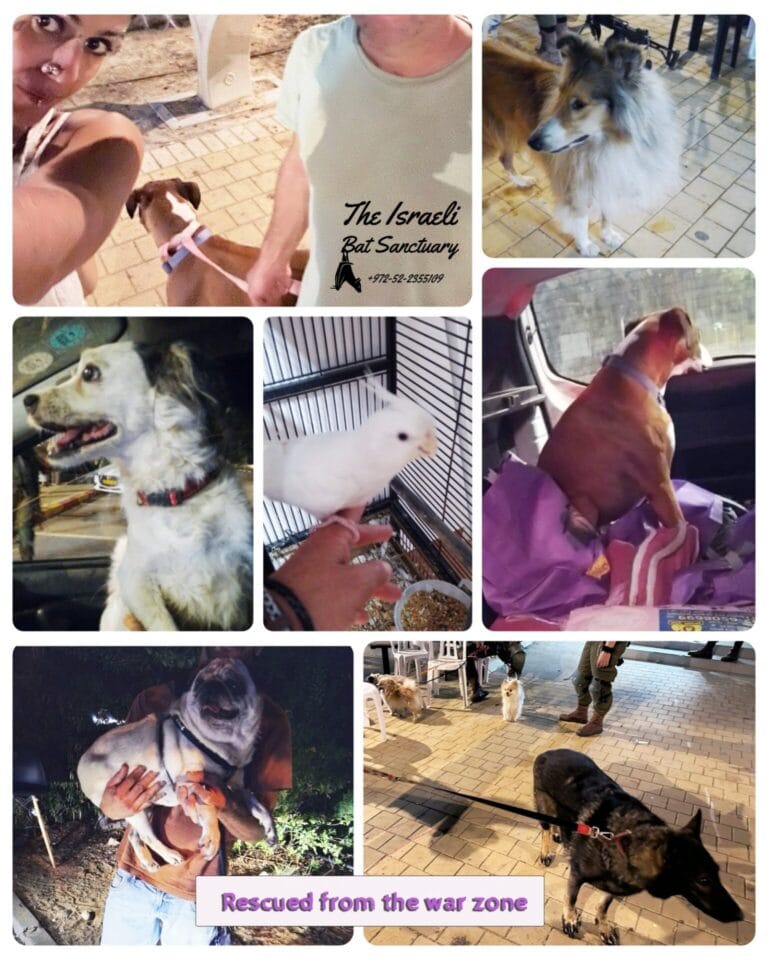
“I have to go in and take pictures, notify the owners, convince them that it really is their pet, some of them ask for a picture. There are those who have lost their entire family, their home, and what they have left is only this pet. And they want to know. It’s a terrible part of the job, but to me it’s the most important,” Lifshitz tells ISRAEL21c.
Among her rescues, there are some “really post-traumatic dogs and you see it on their faces — it’s crazy. It’s heartbreaking. They sometimes try to bite, but in the end they will be cool with you. It’s a difficult area, there are attack dogs on leashes meant to guard, meant to attack, and most of them were left behind.”
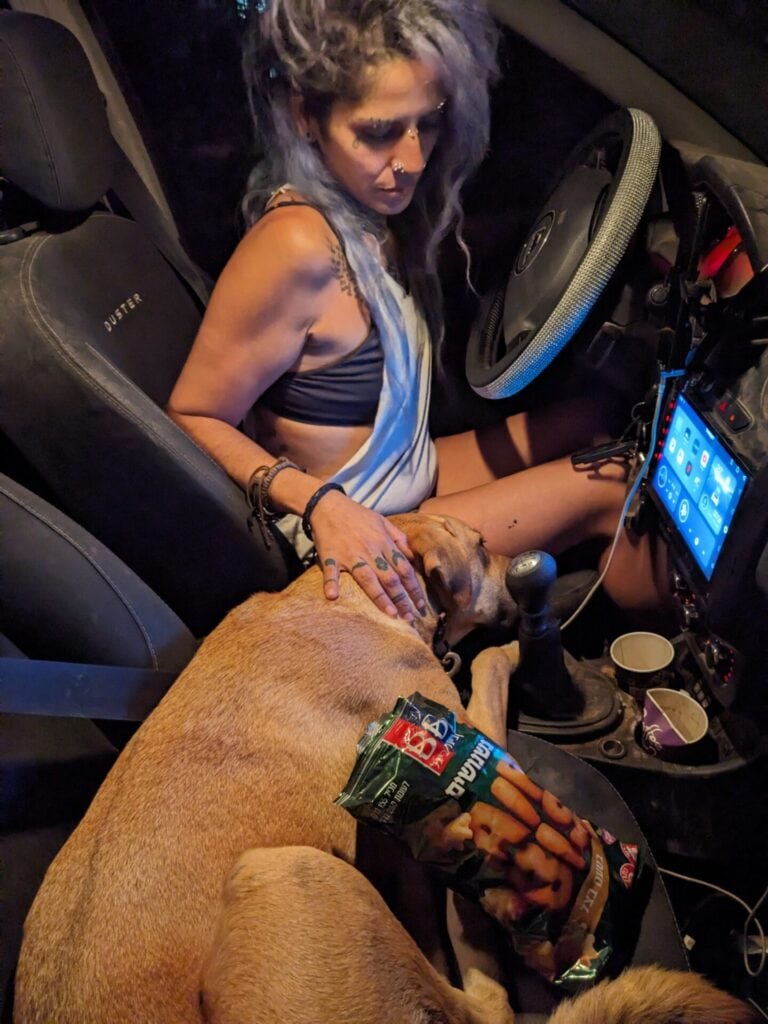
Someone from one of the settlements on the fence with Gaza contacted her because he cannot reach his chickens to feed them.
“The army is not willing, of course, to accompany him because it’s right on the fence, so he needed my help. You could say, well, they’re just chickens. But it’s important to him. These animals are a big part of people’s lives.”
Lifshitz’s work is possible thanks to donations and volunteers, but her most important allies these days are the chief security officers in the Gaza envelope settlements.
“They know the place best, they know the people and the animals, where their houses are — and they take me so that I can fulfill all these tasks. They are true champions,” she says.




